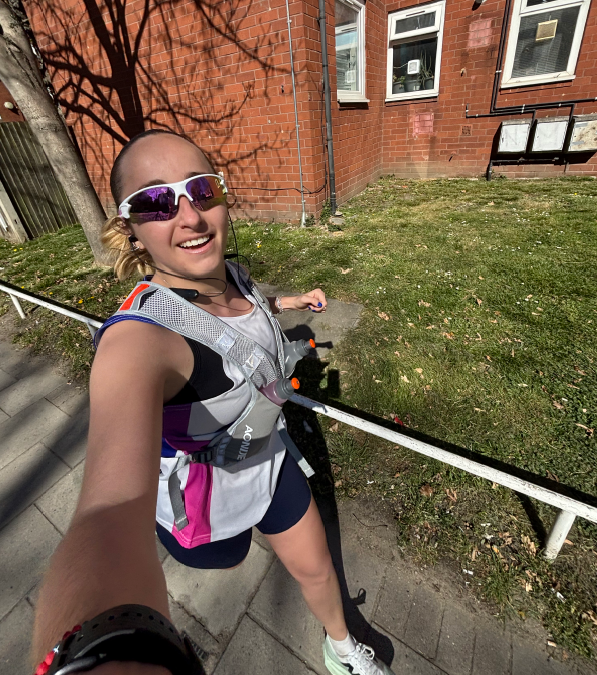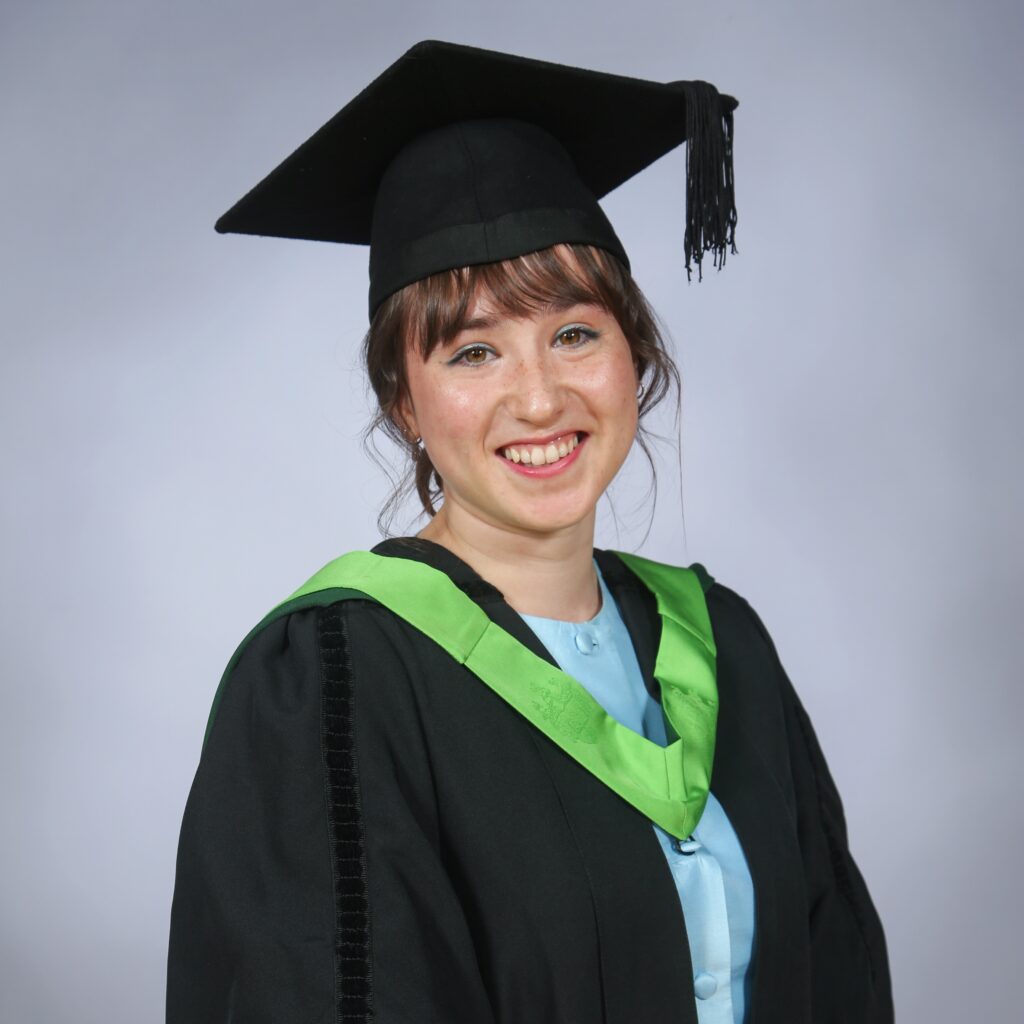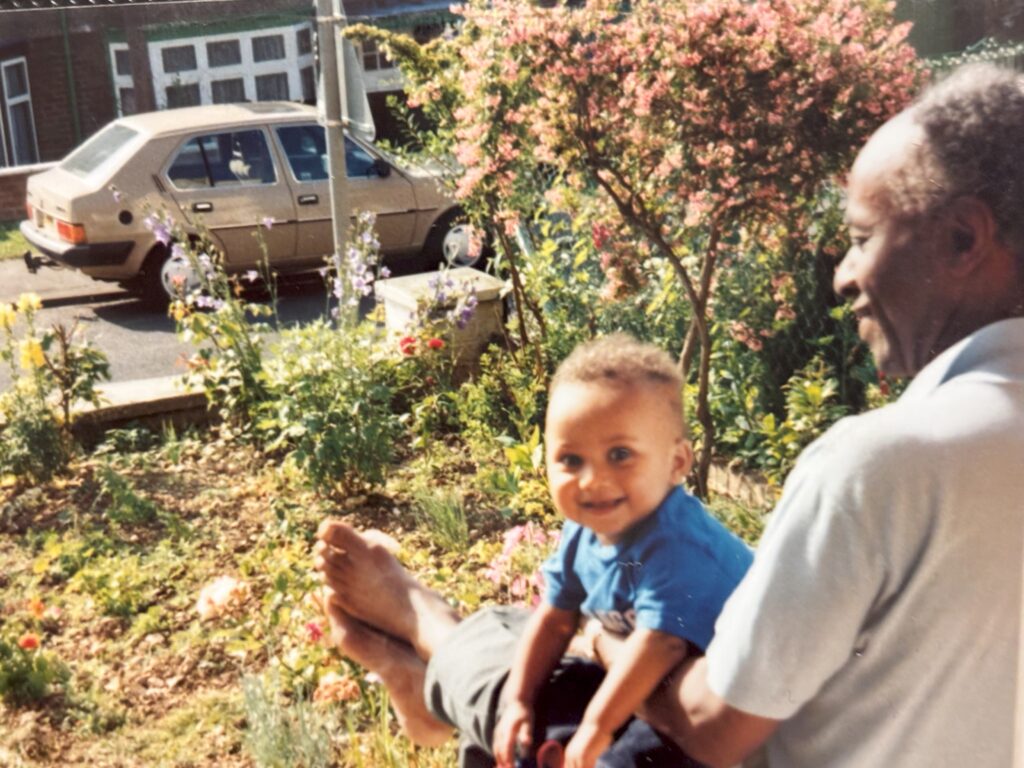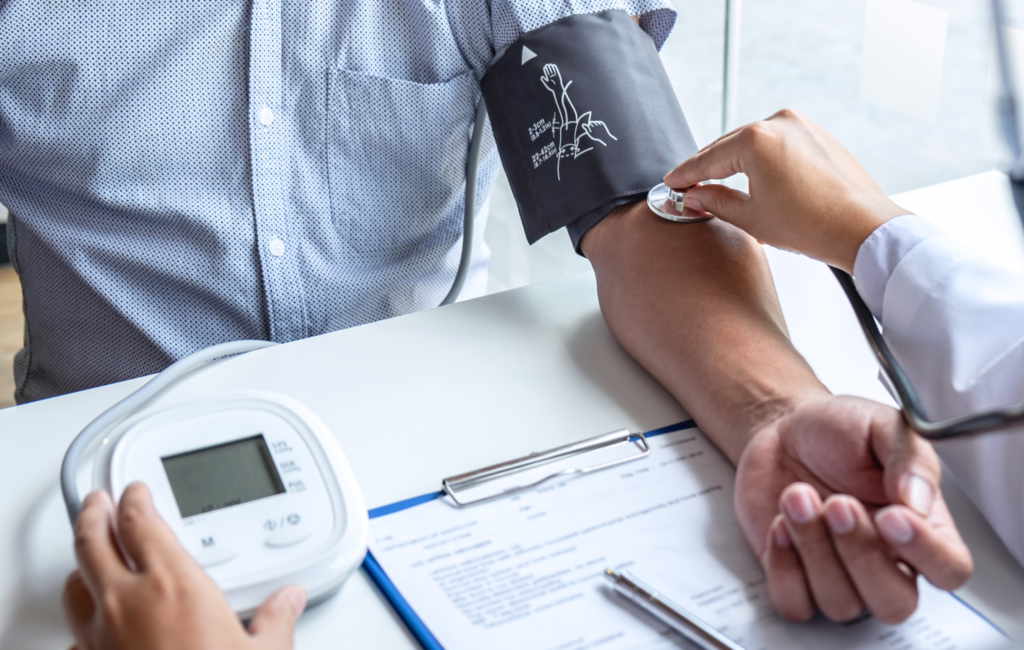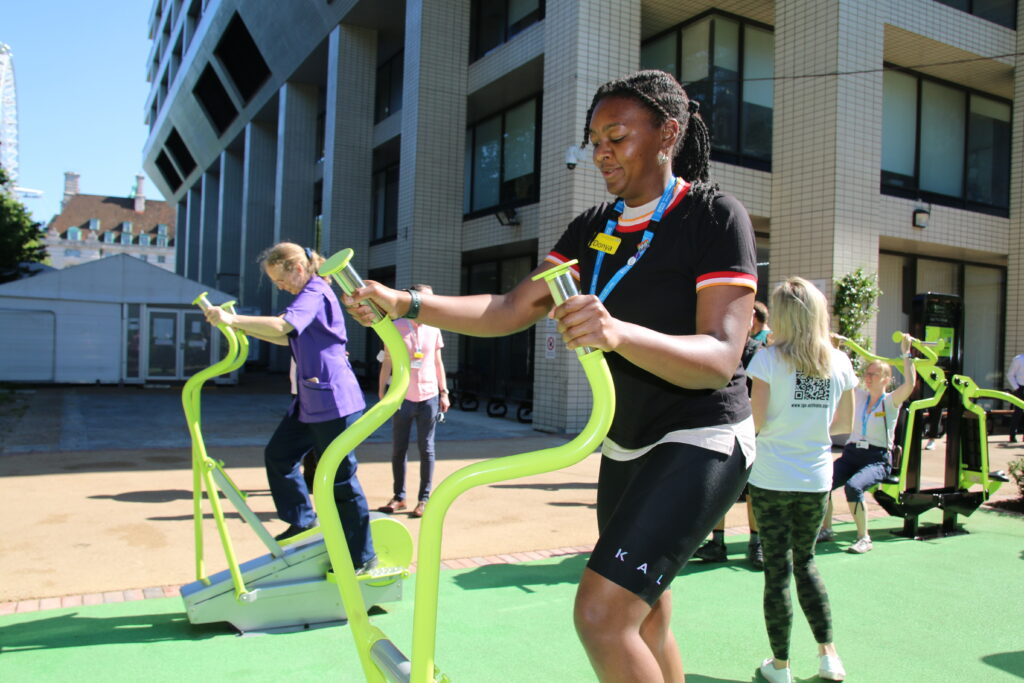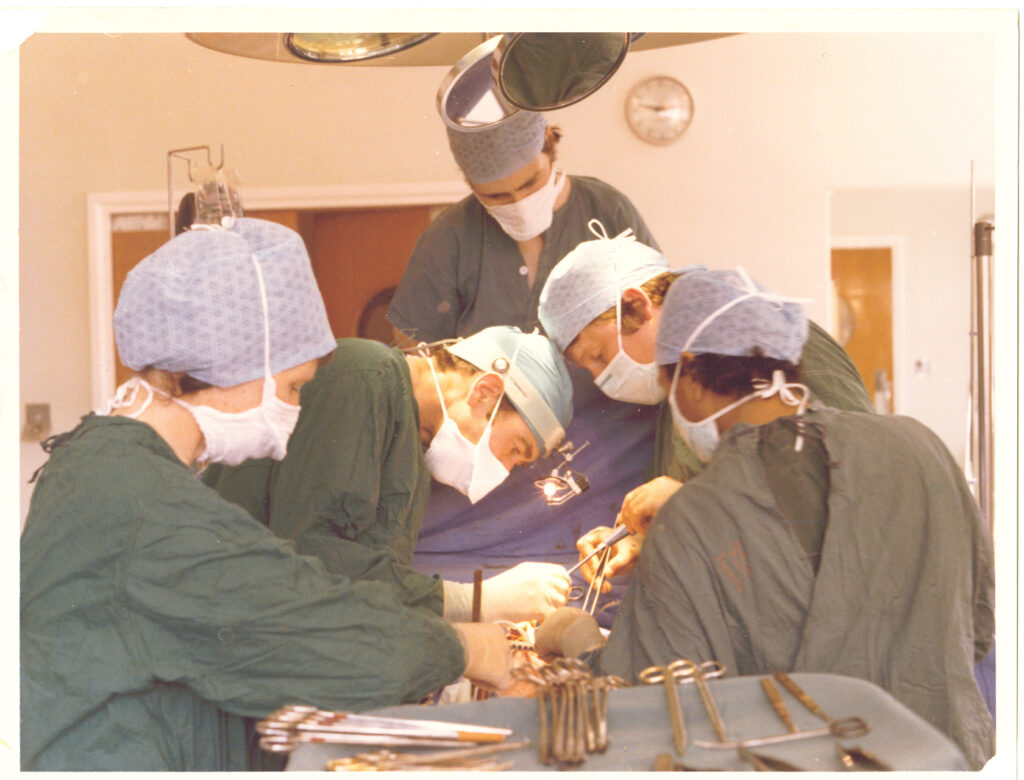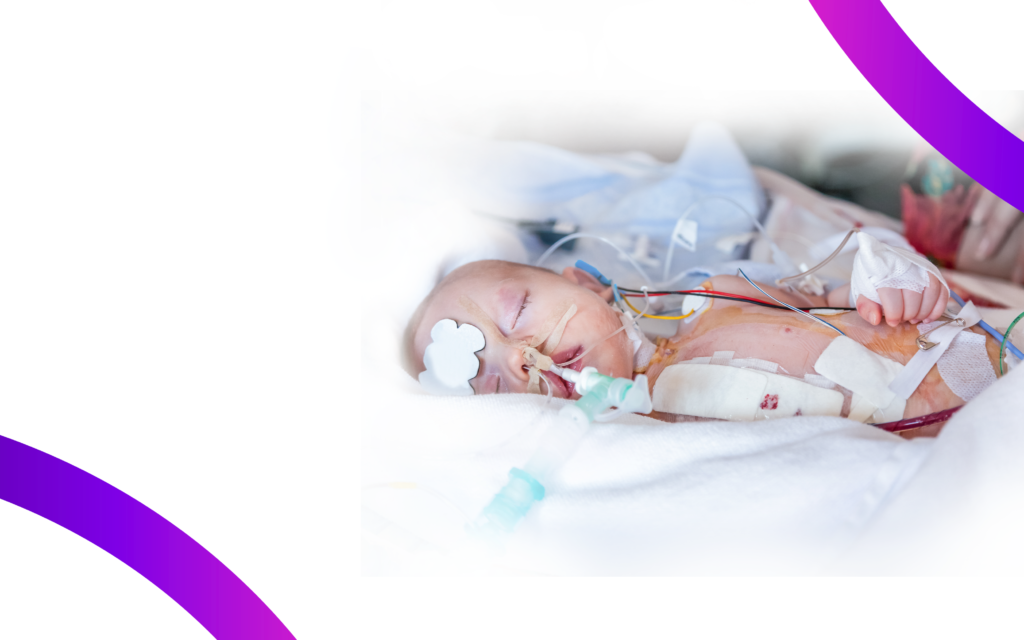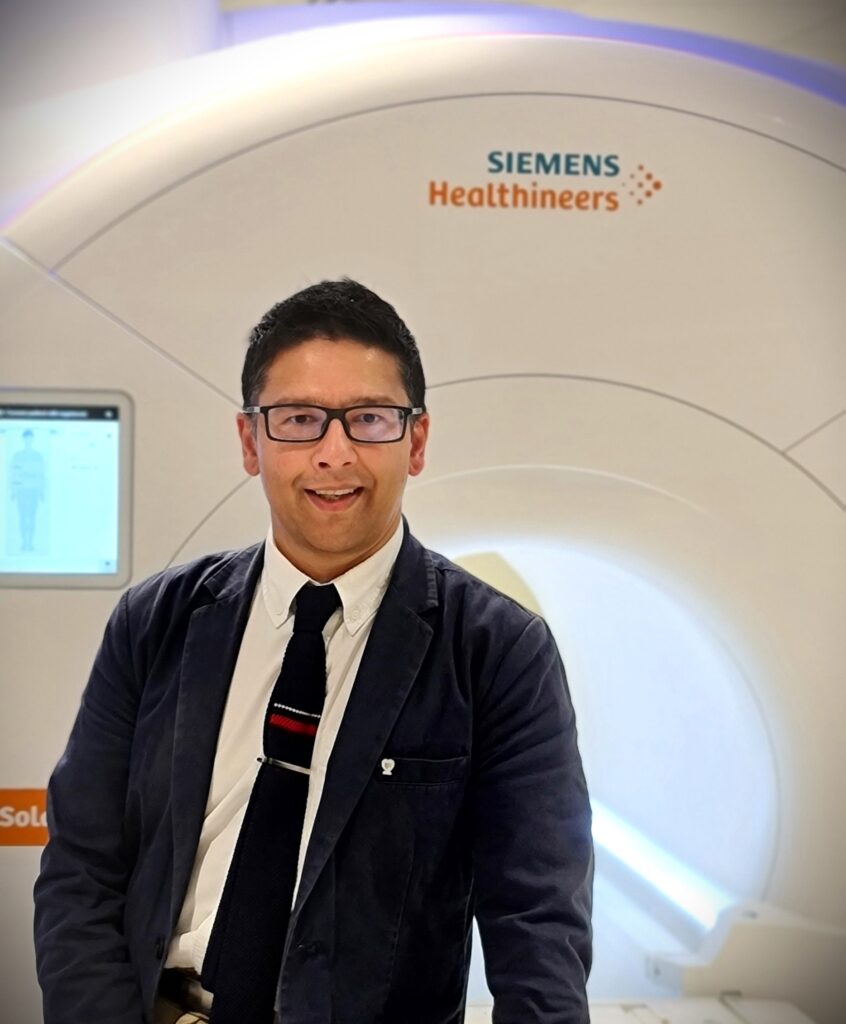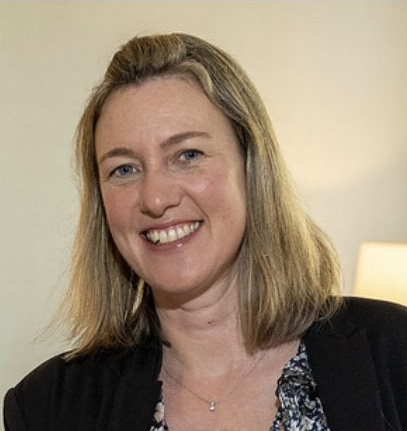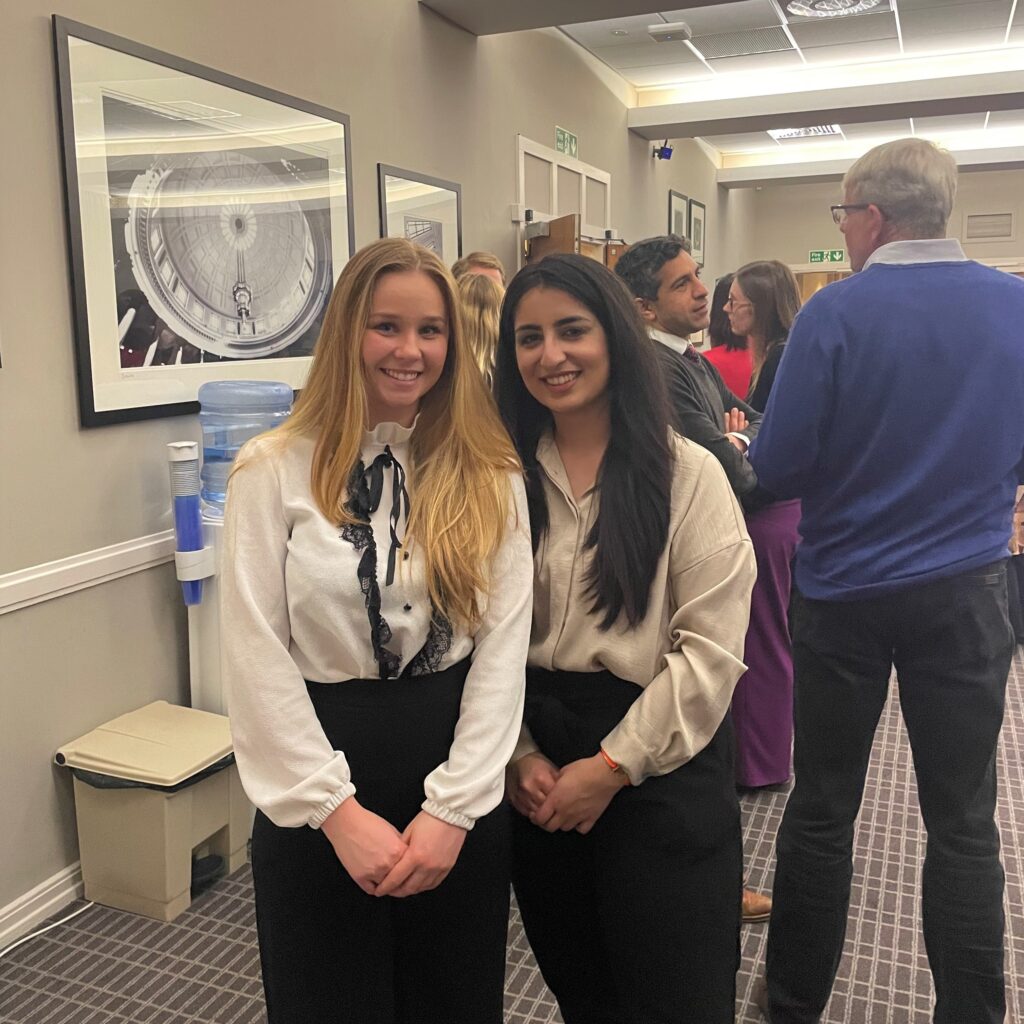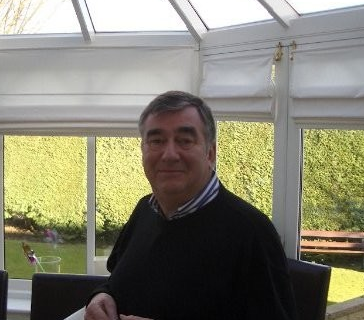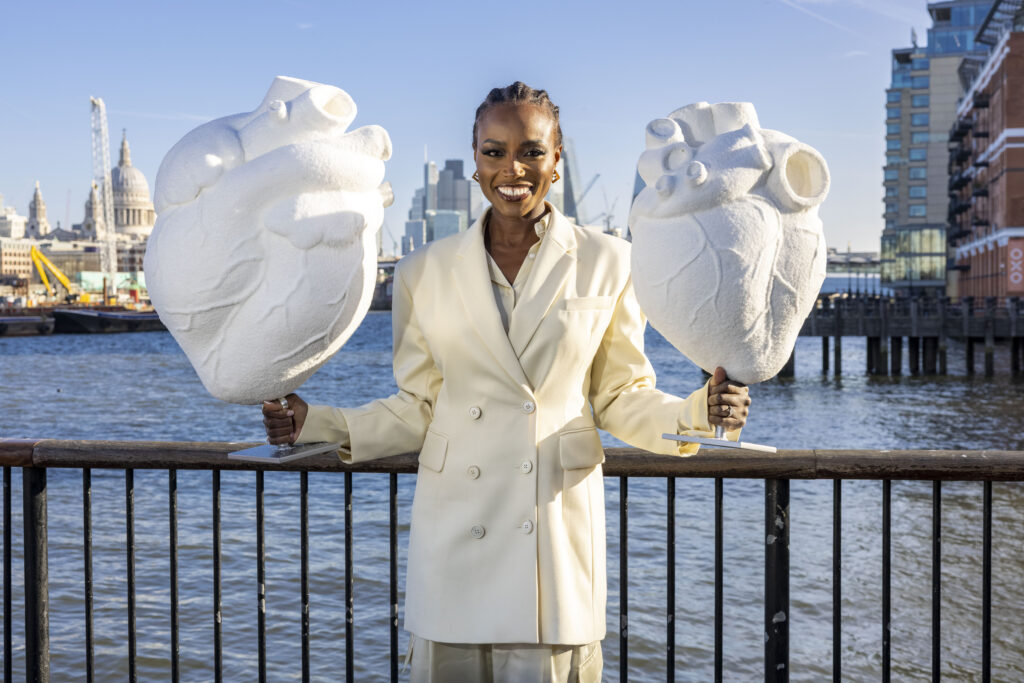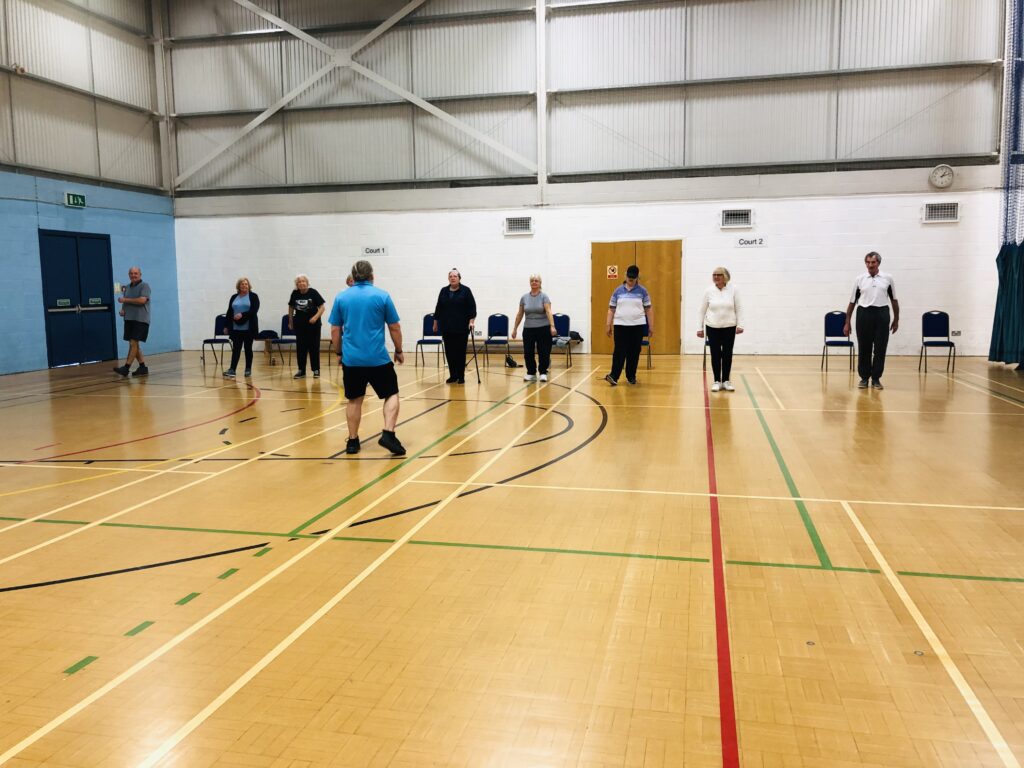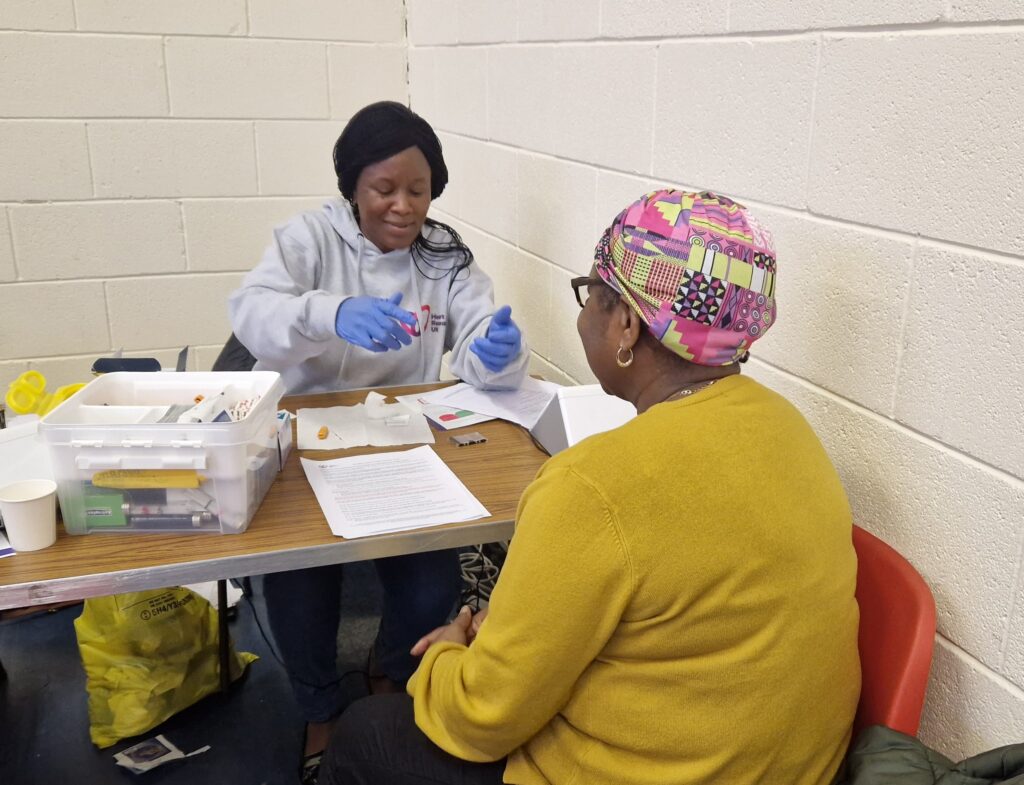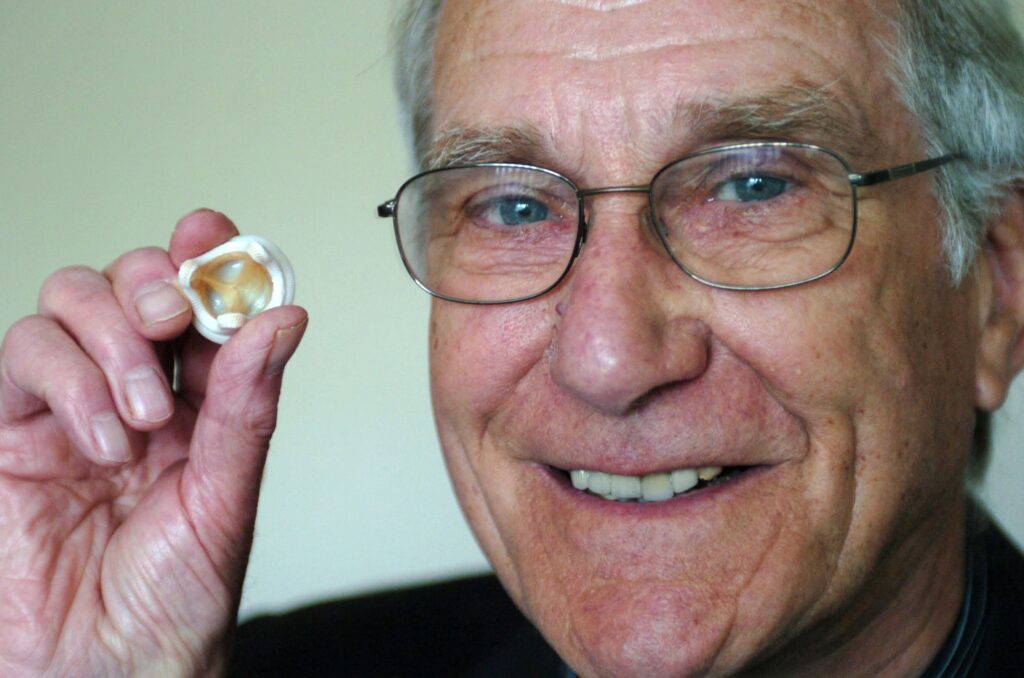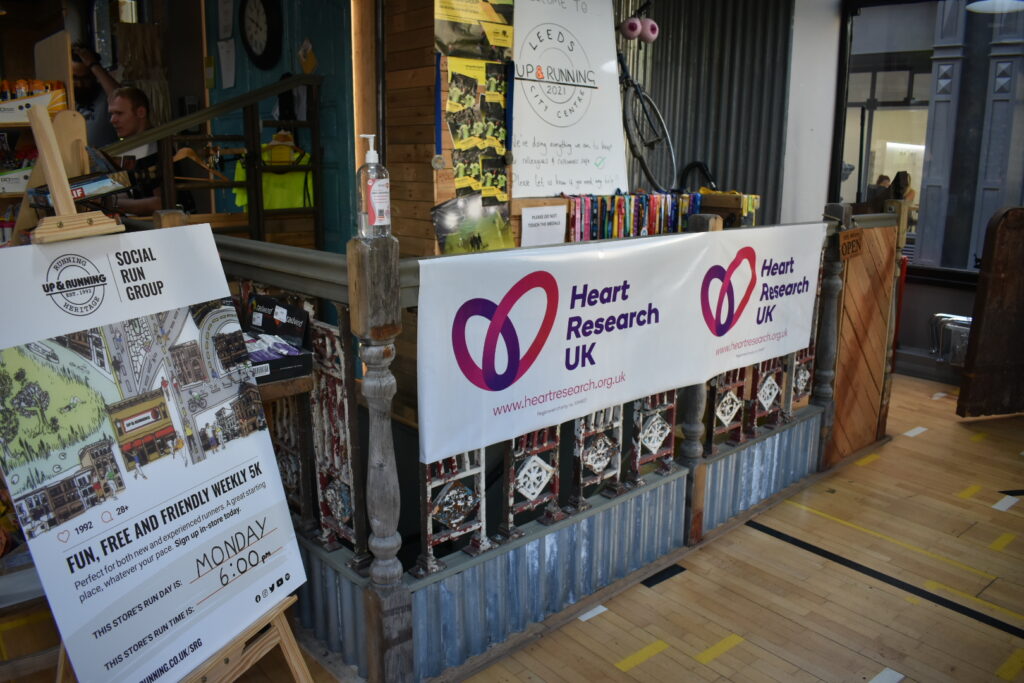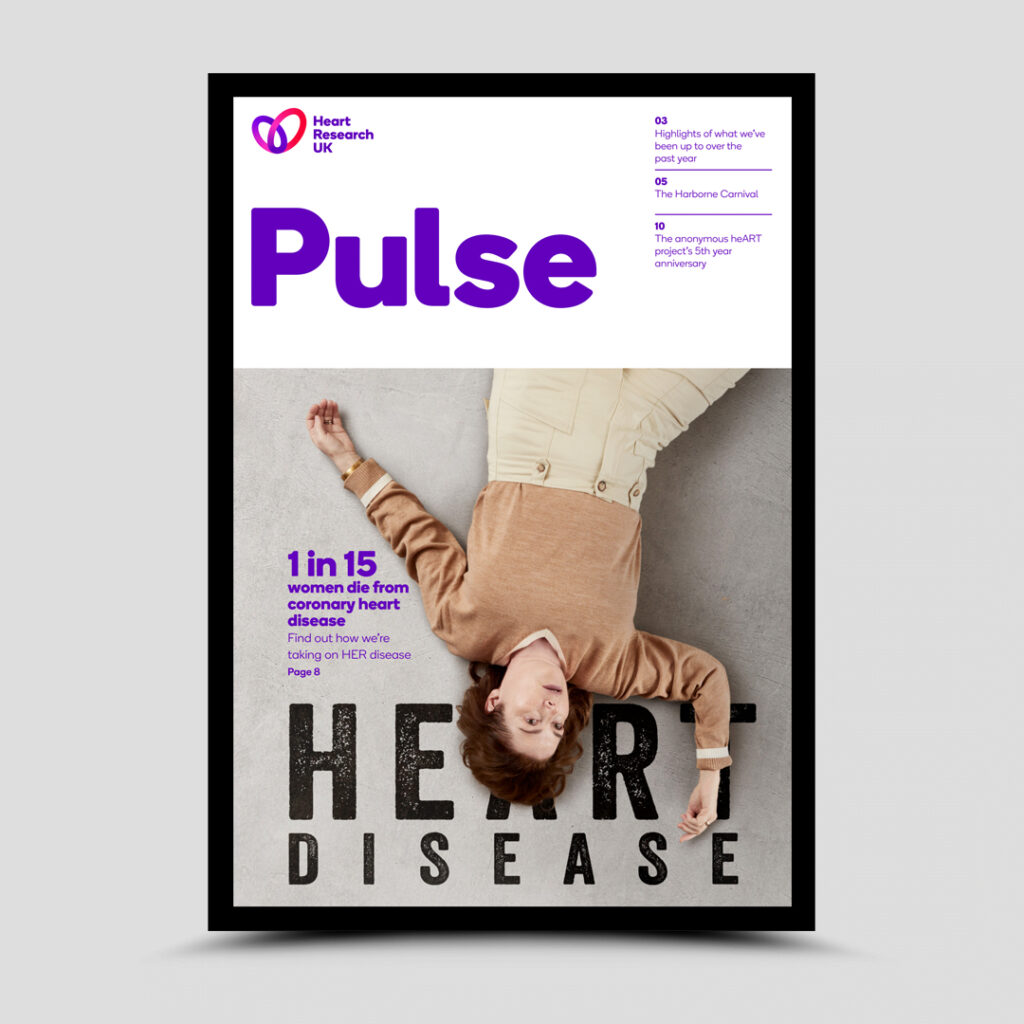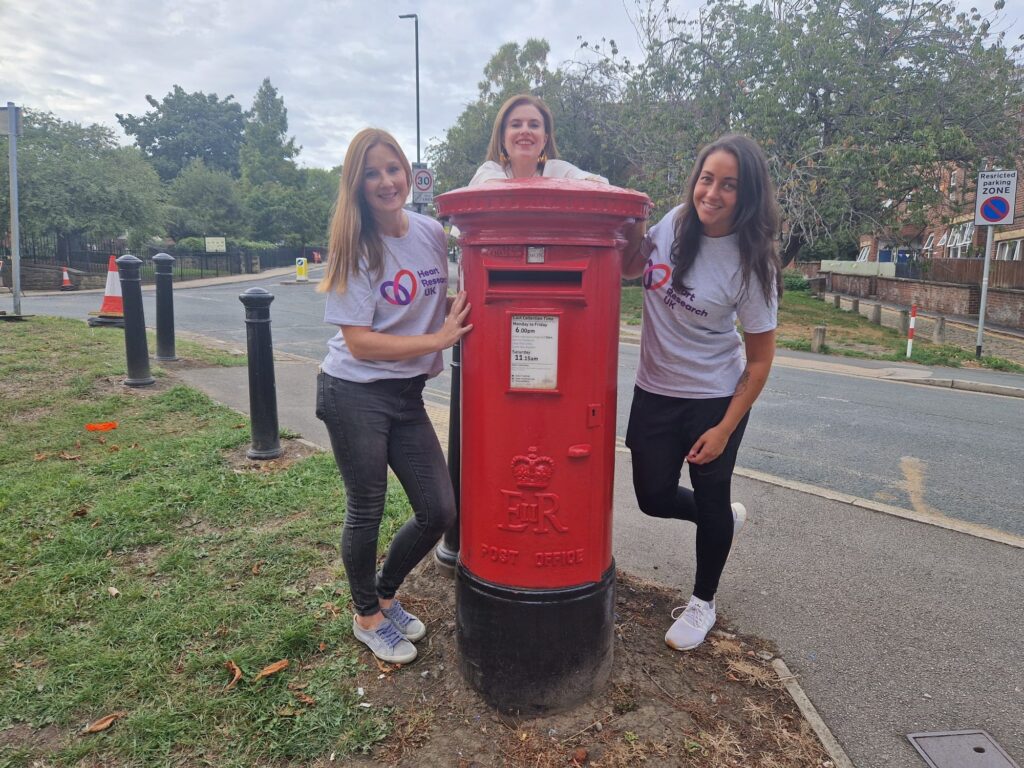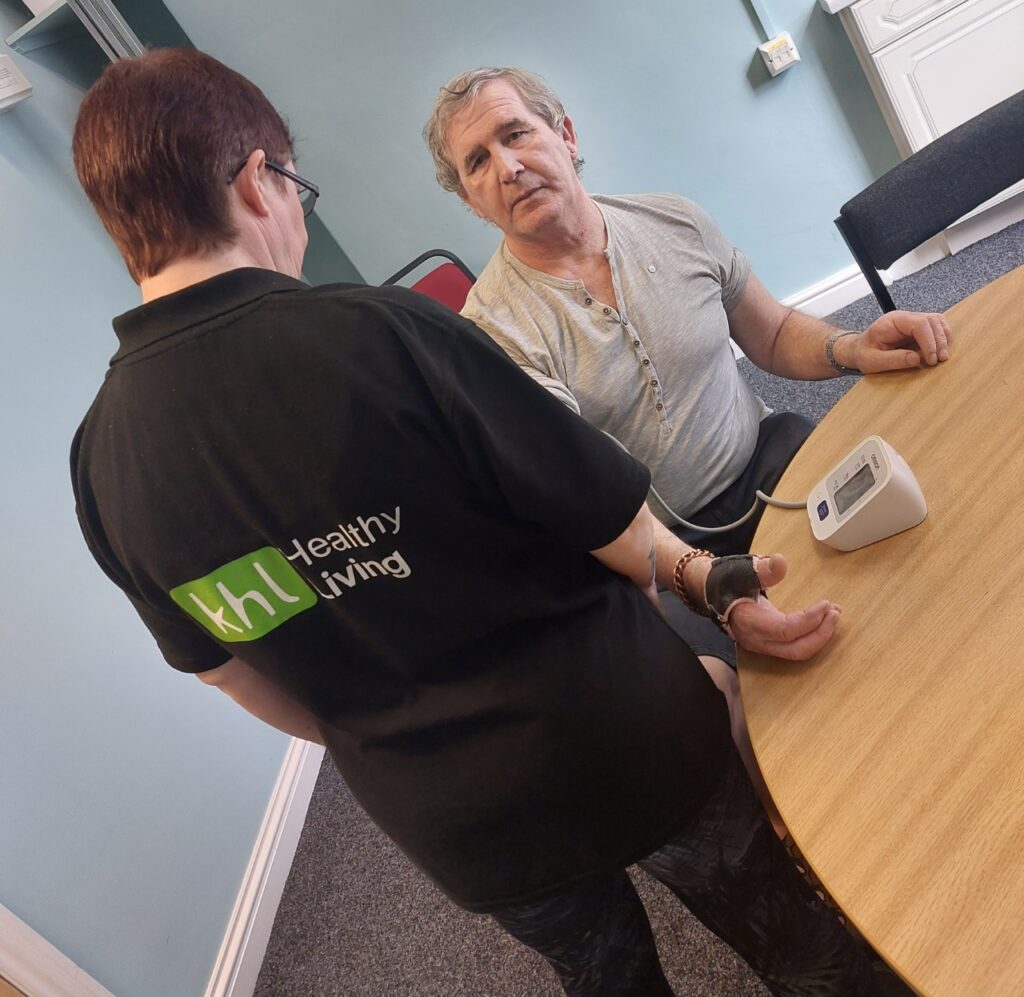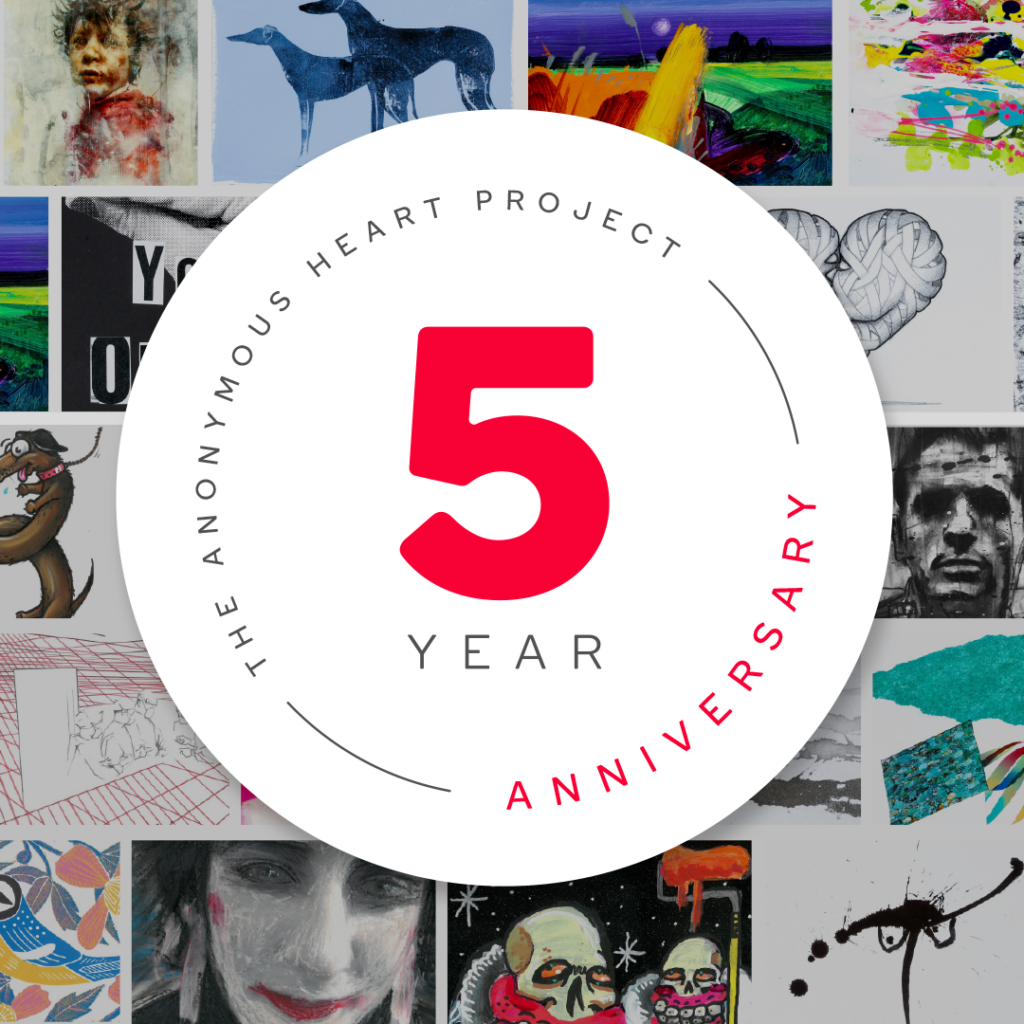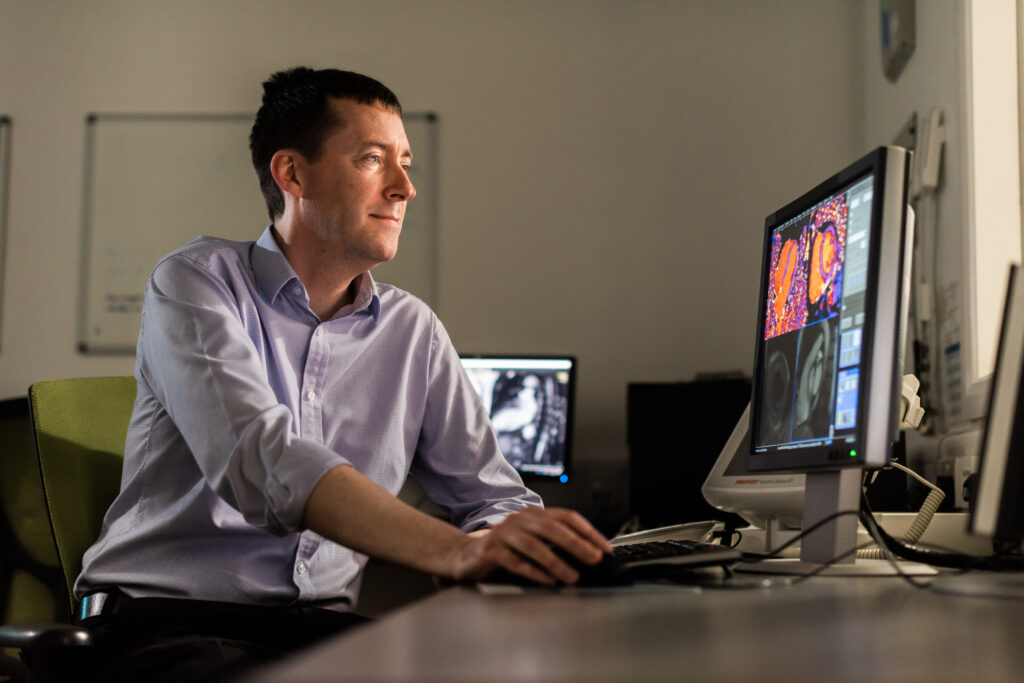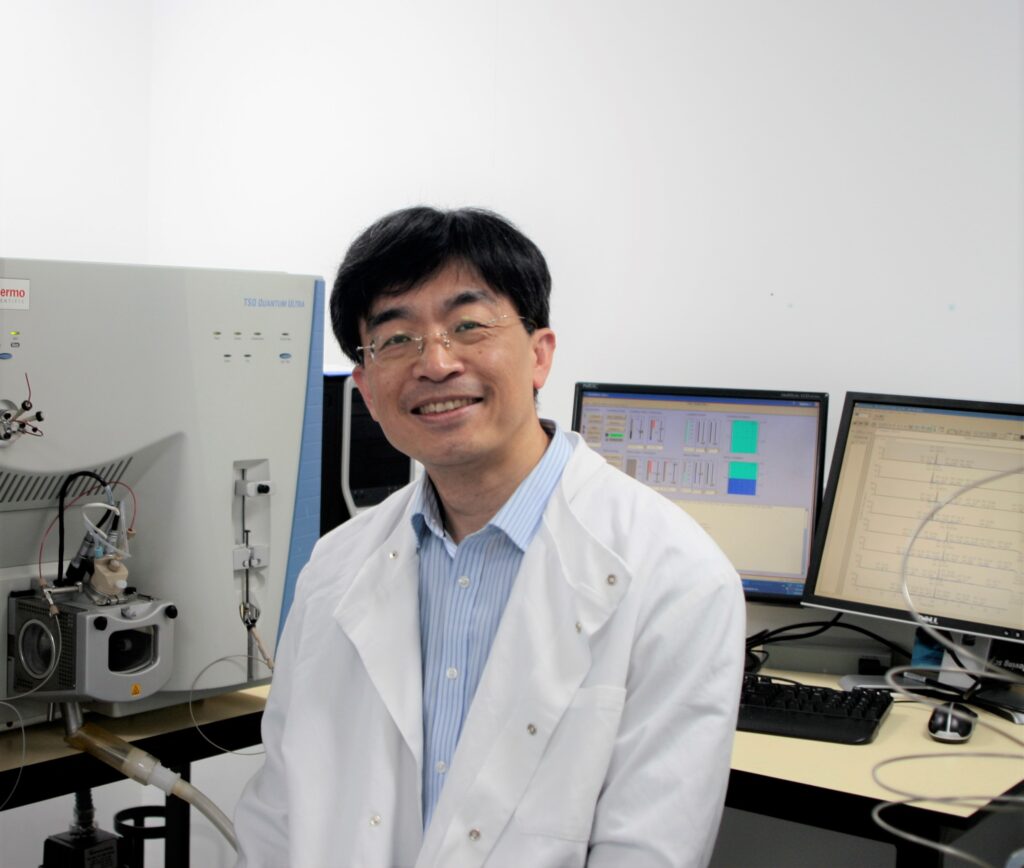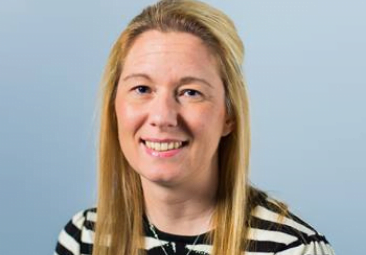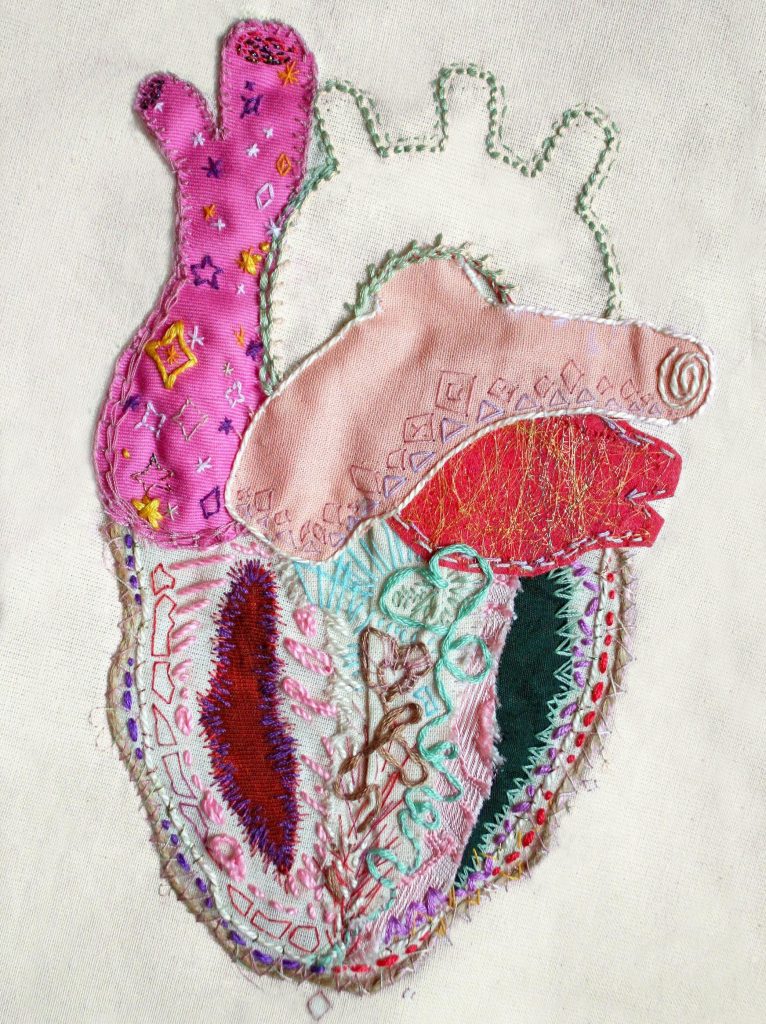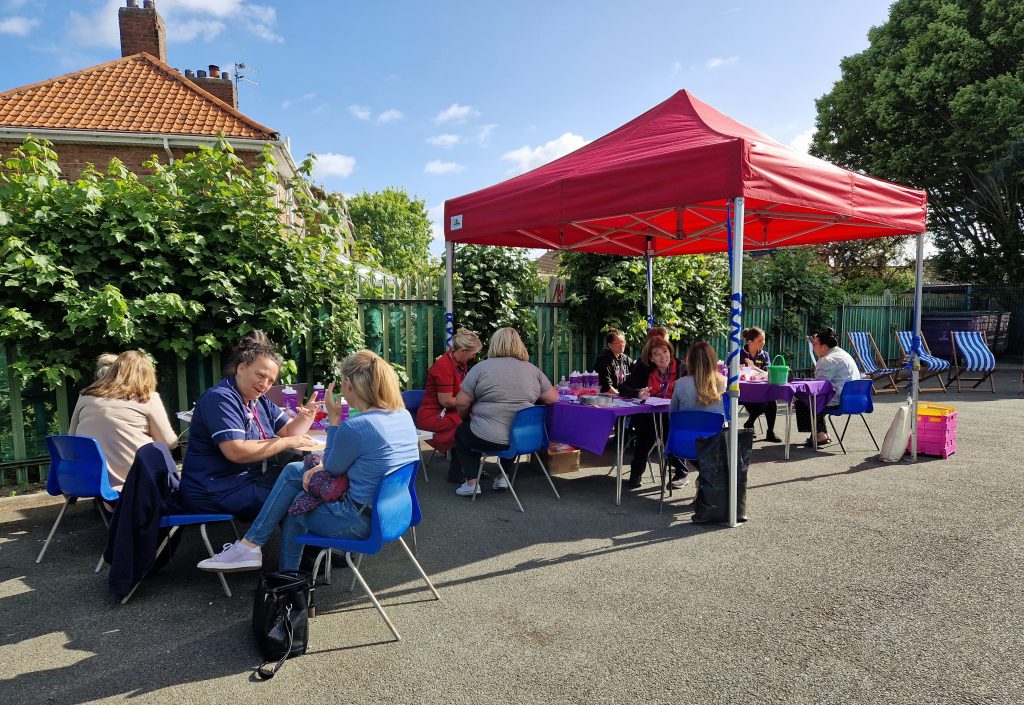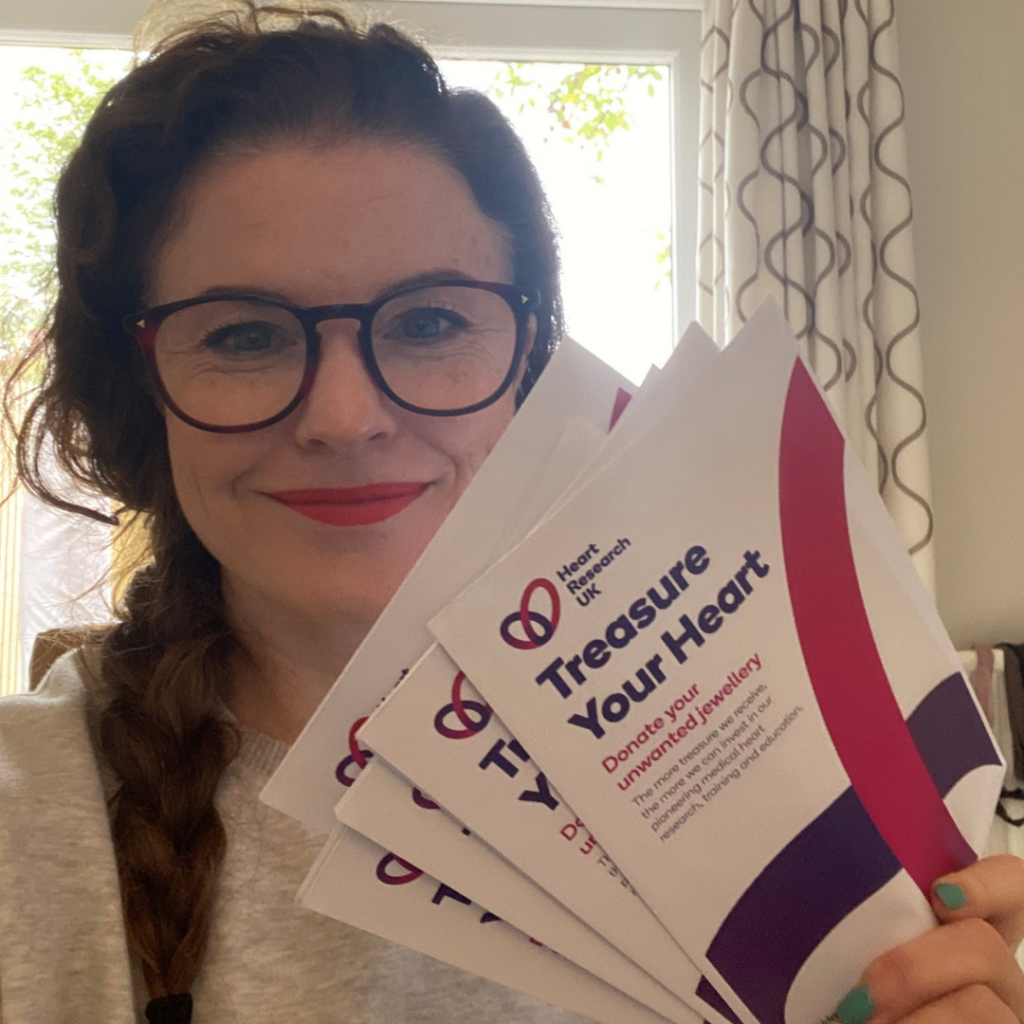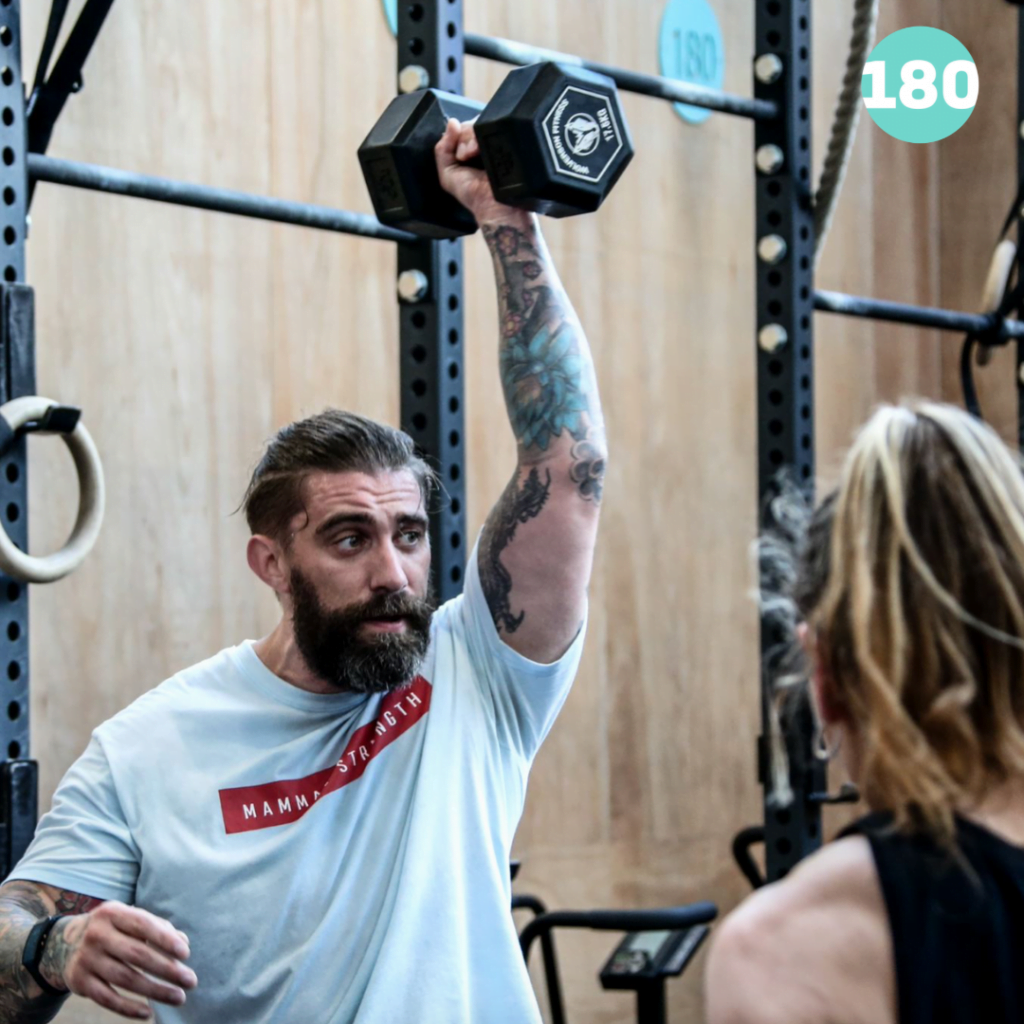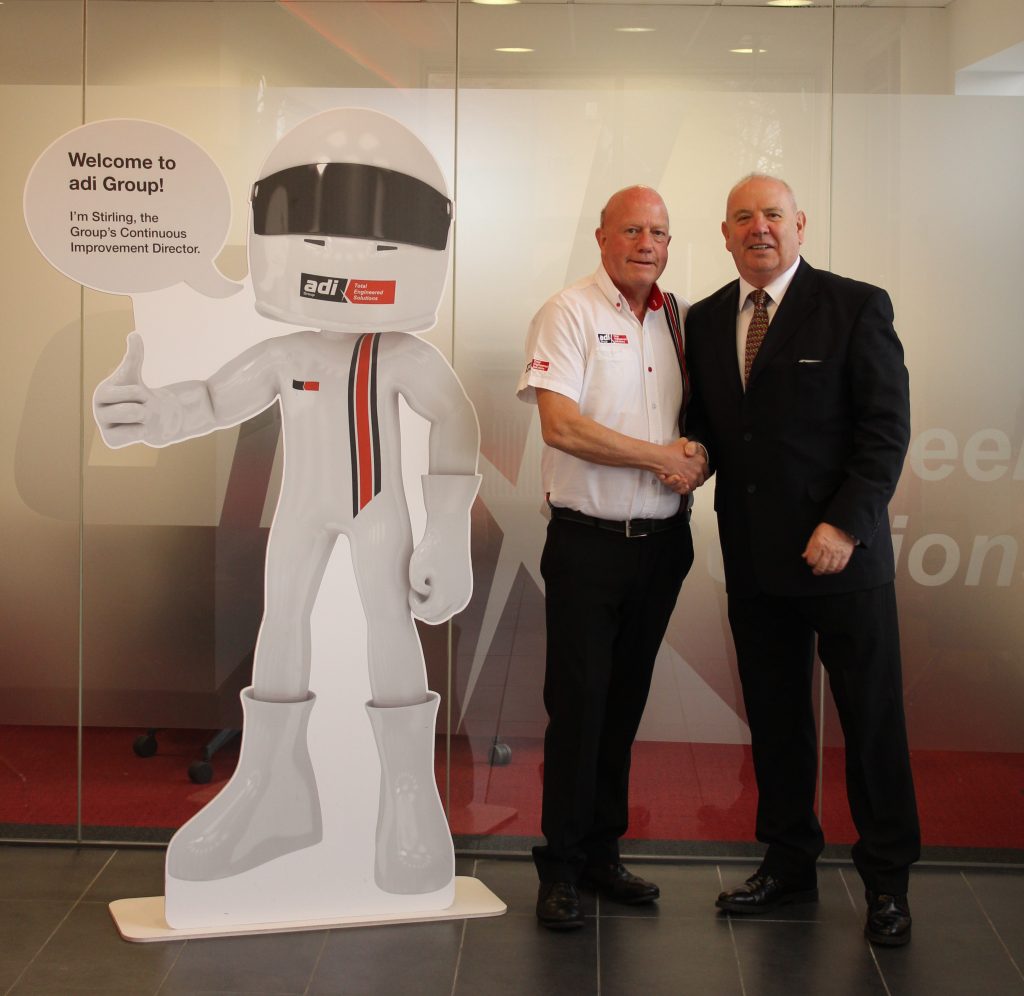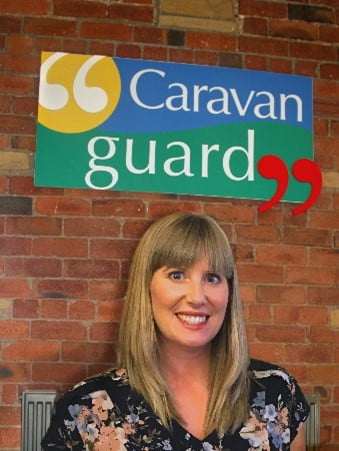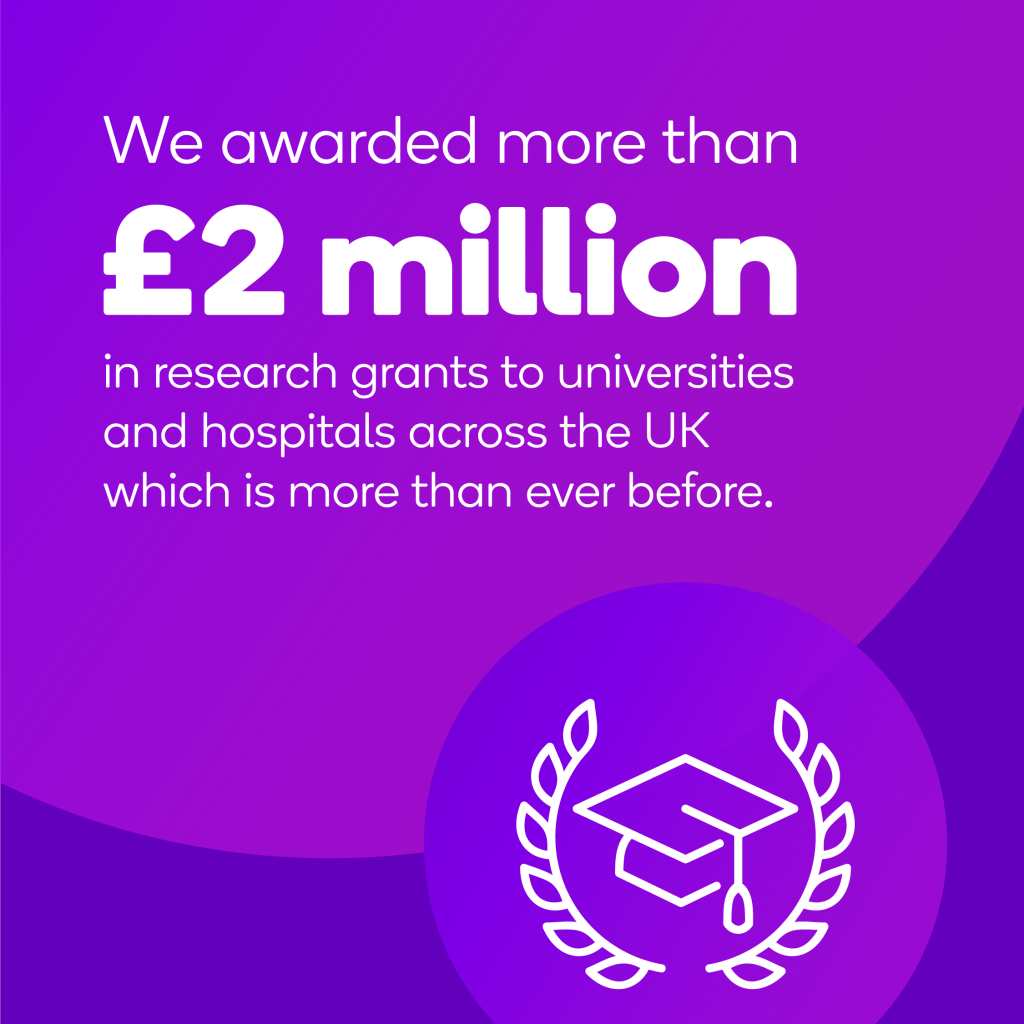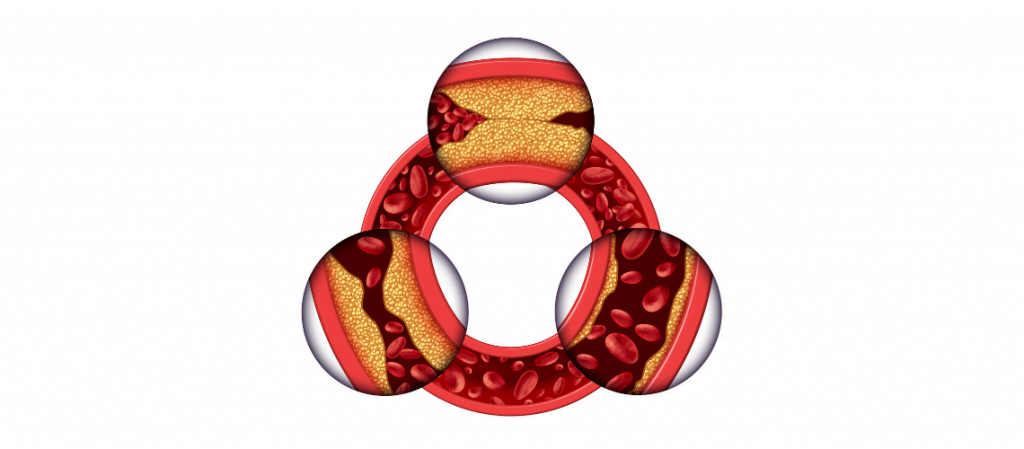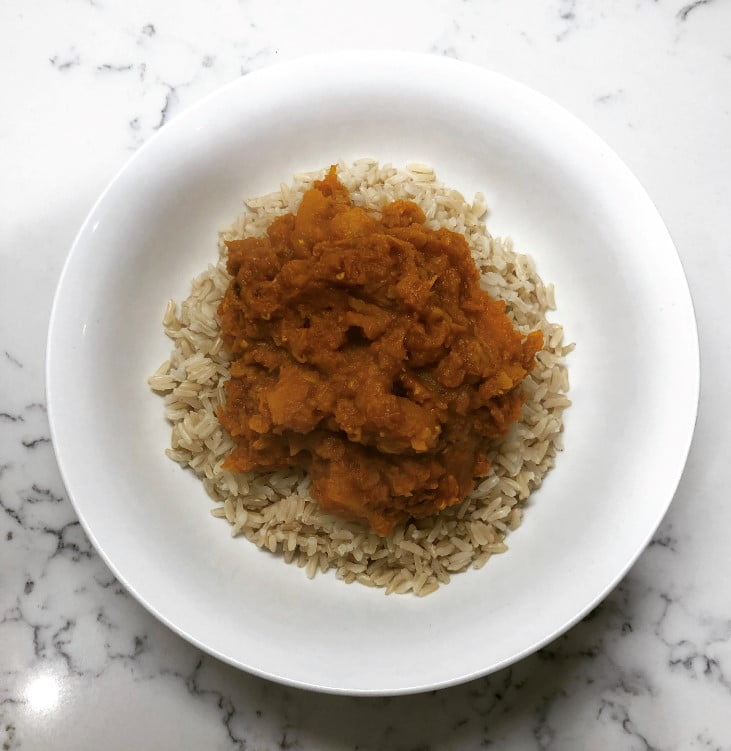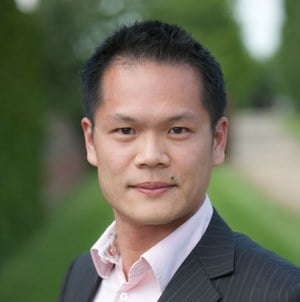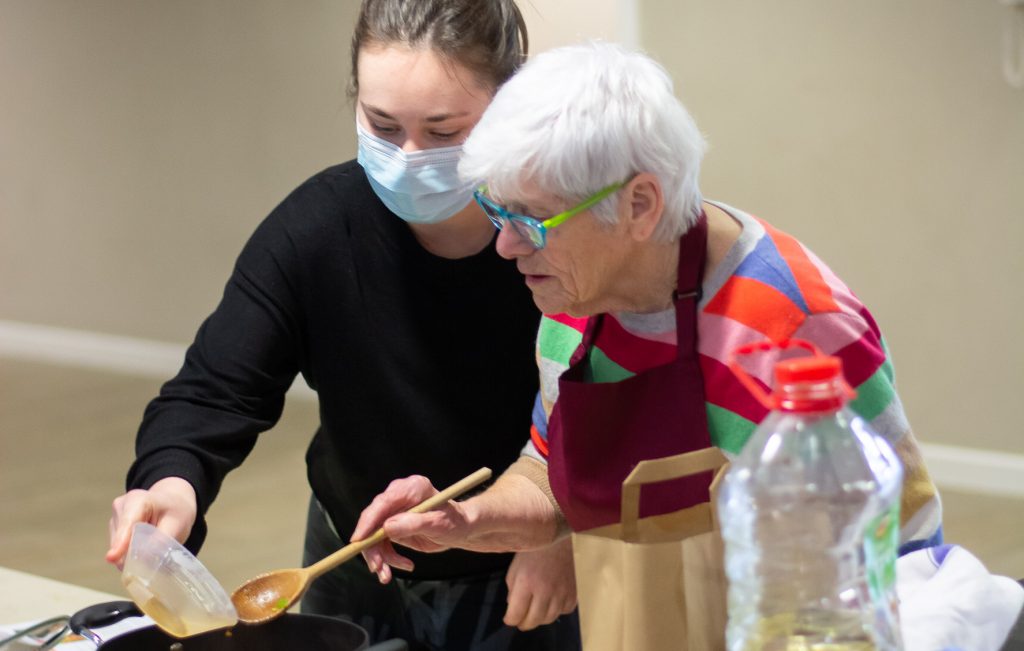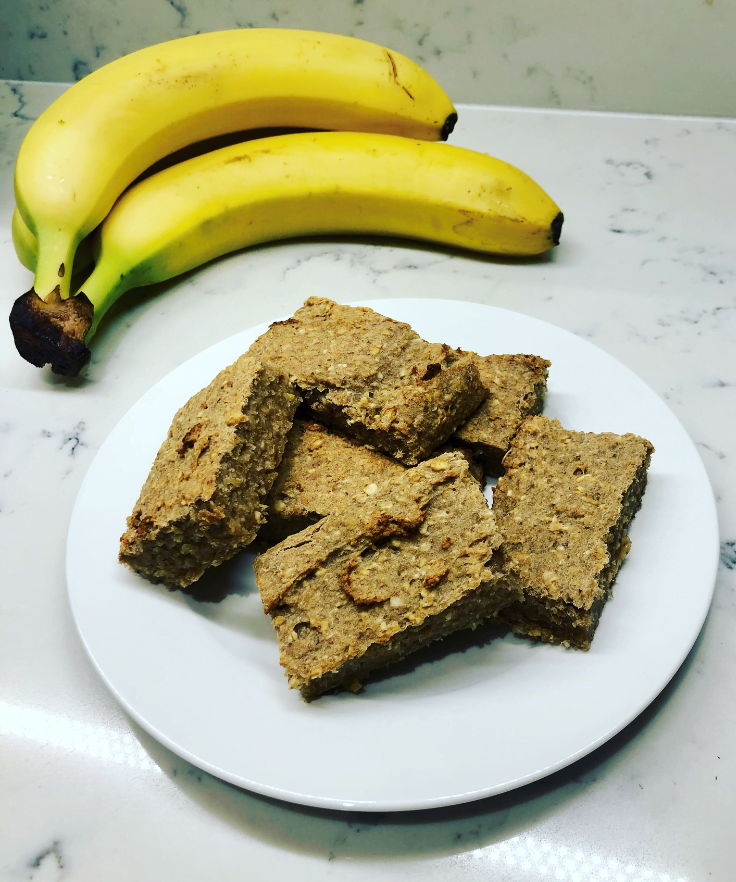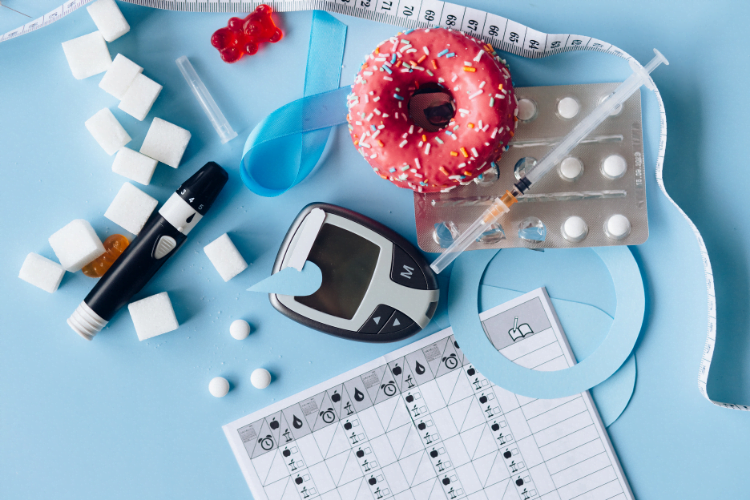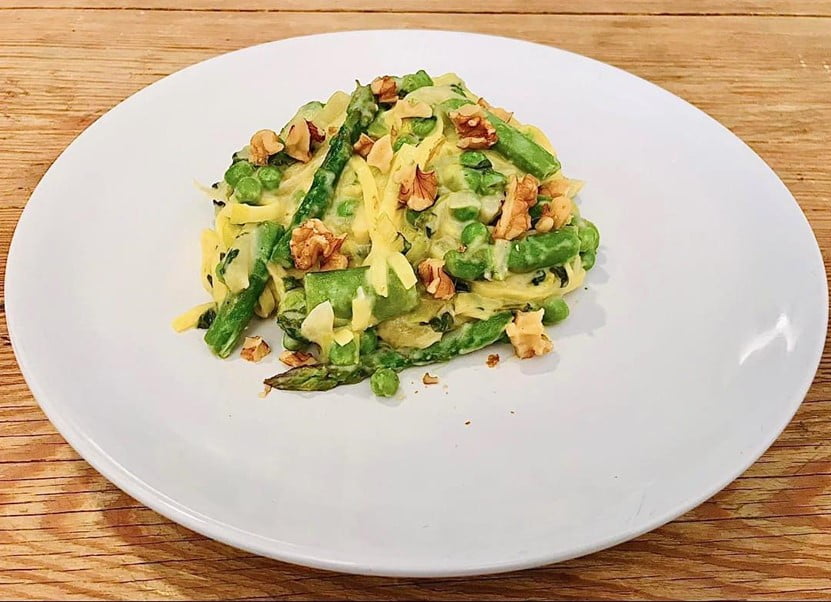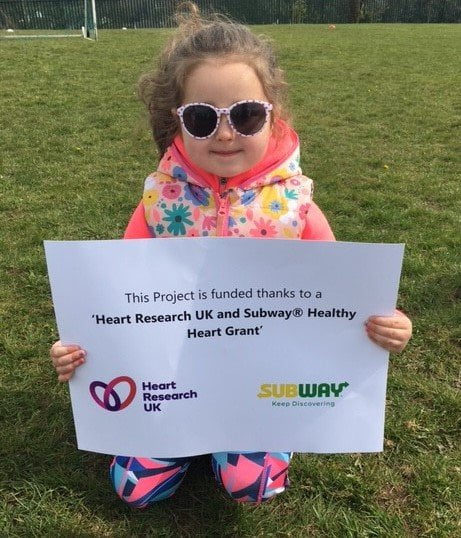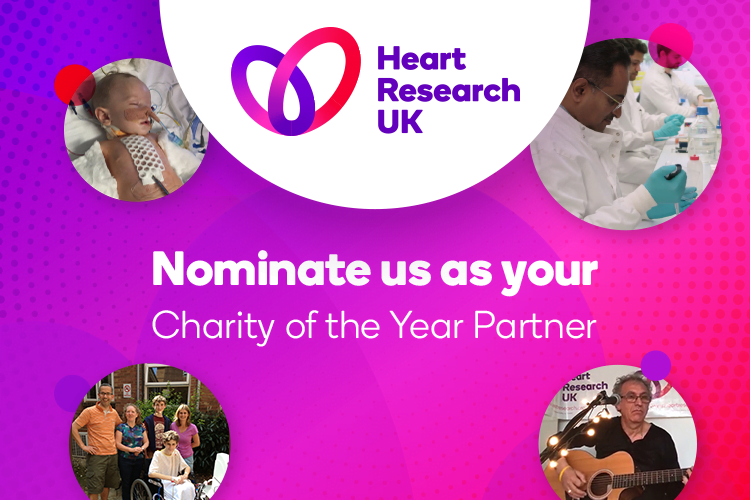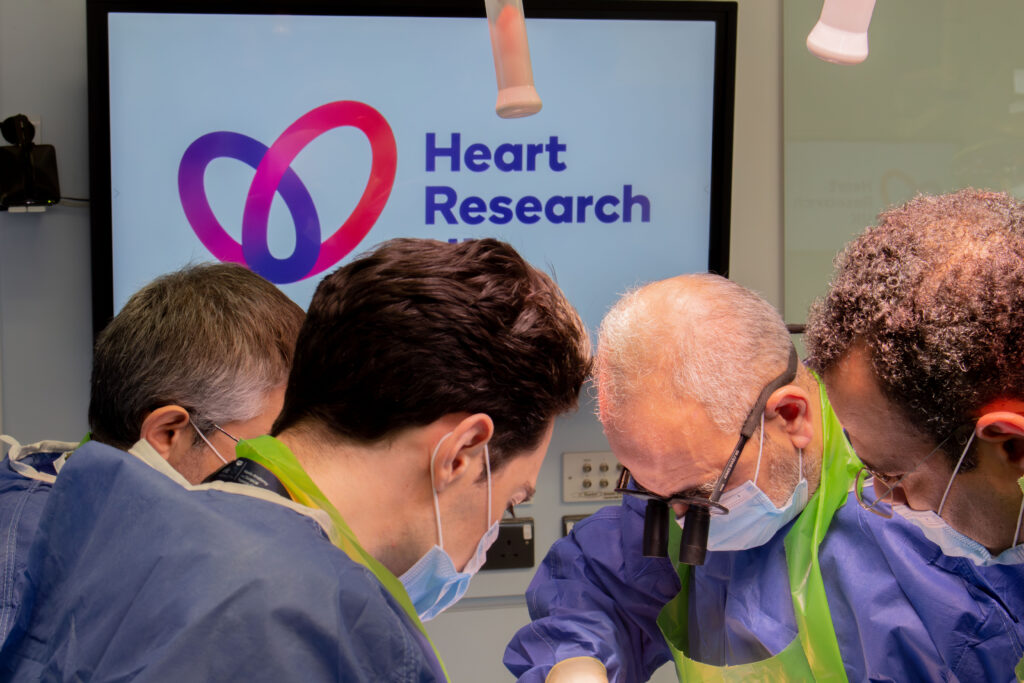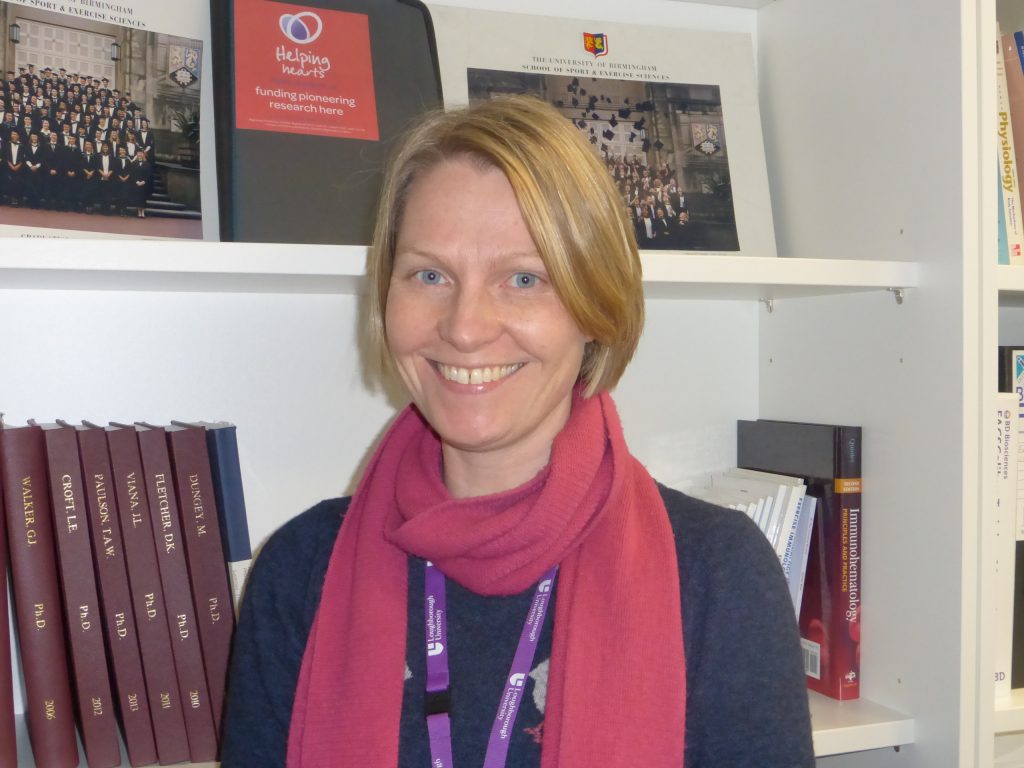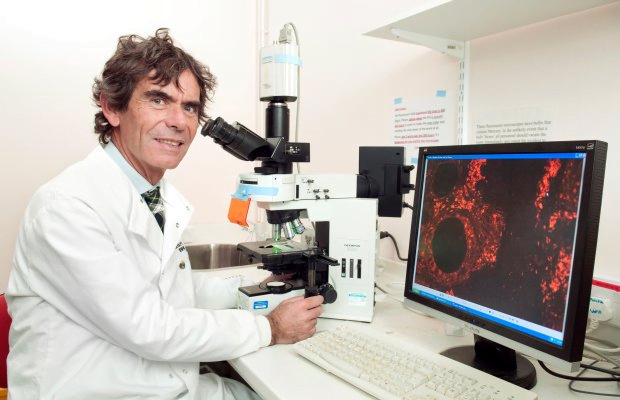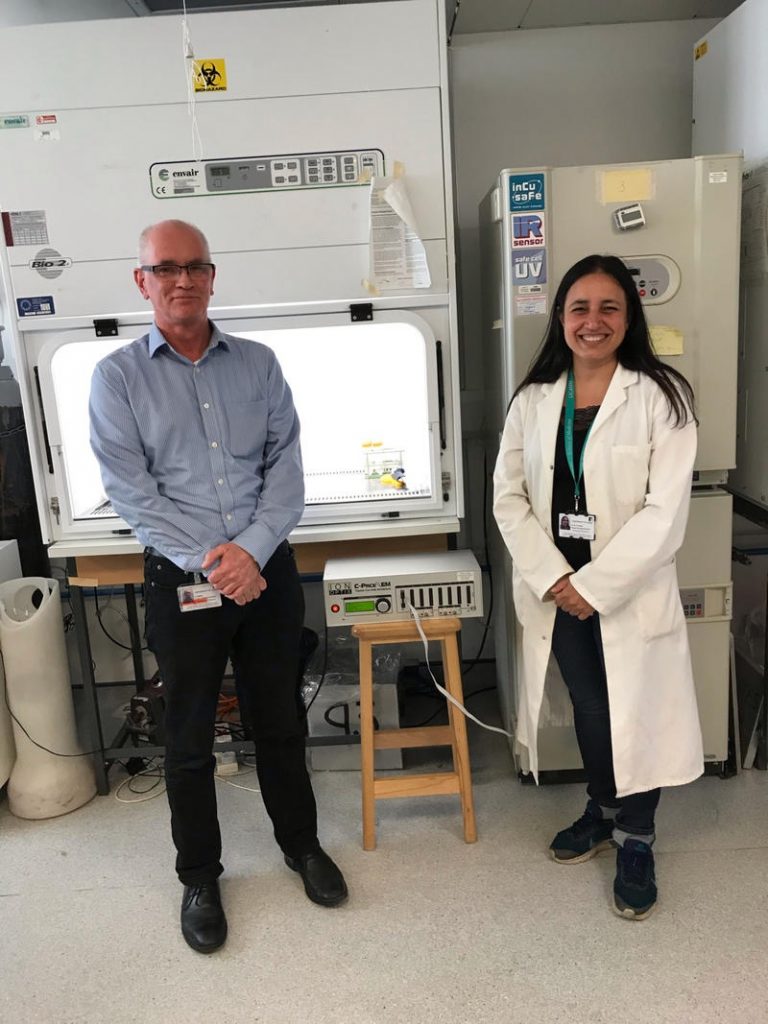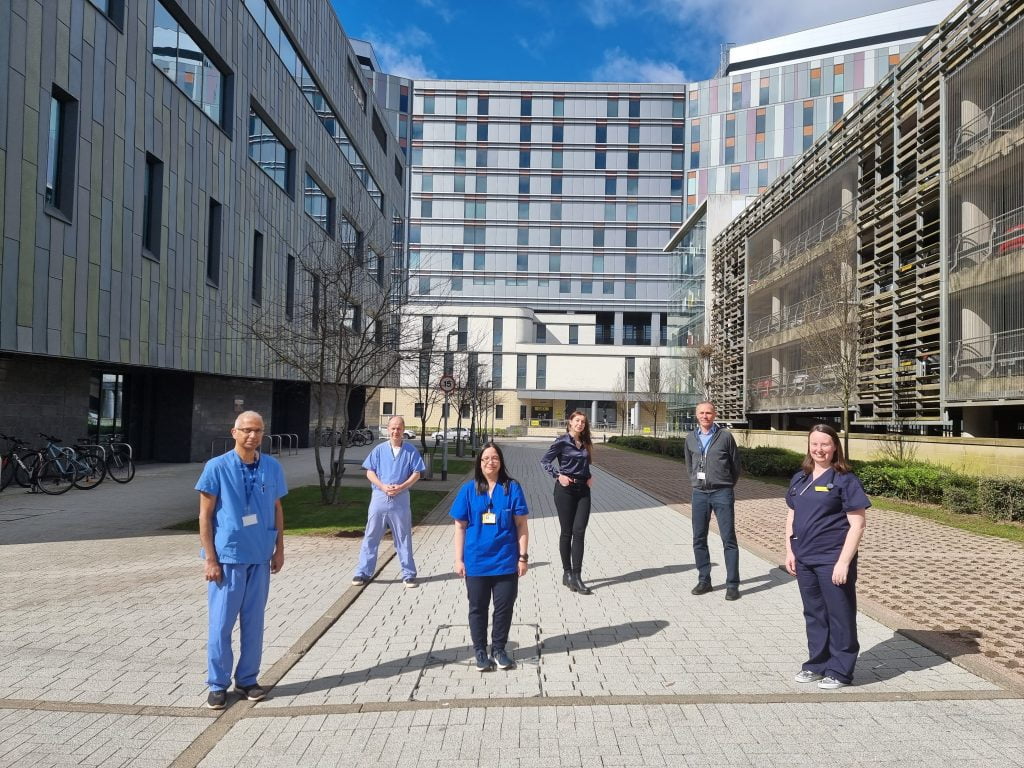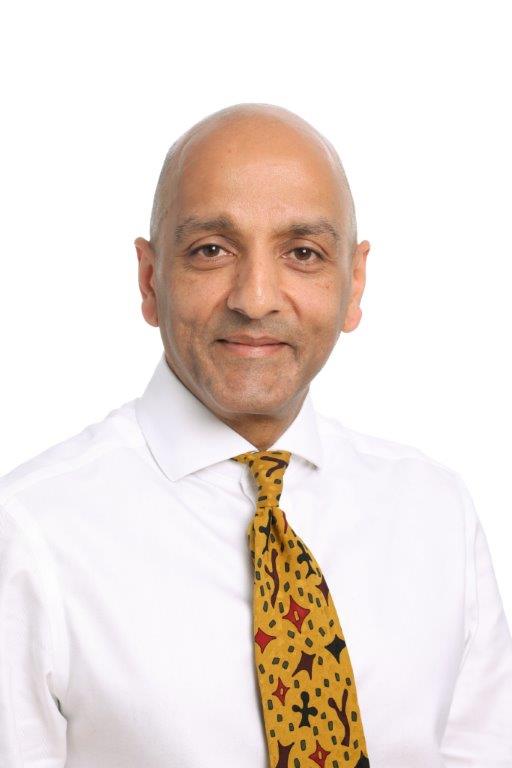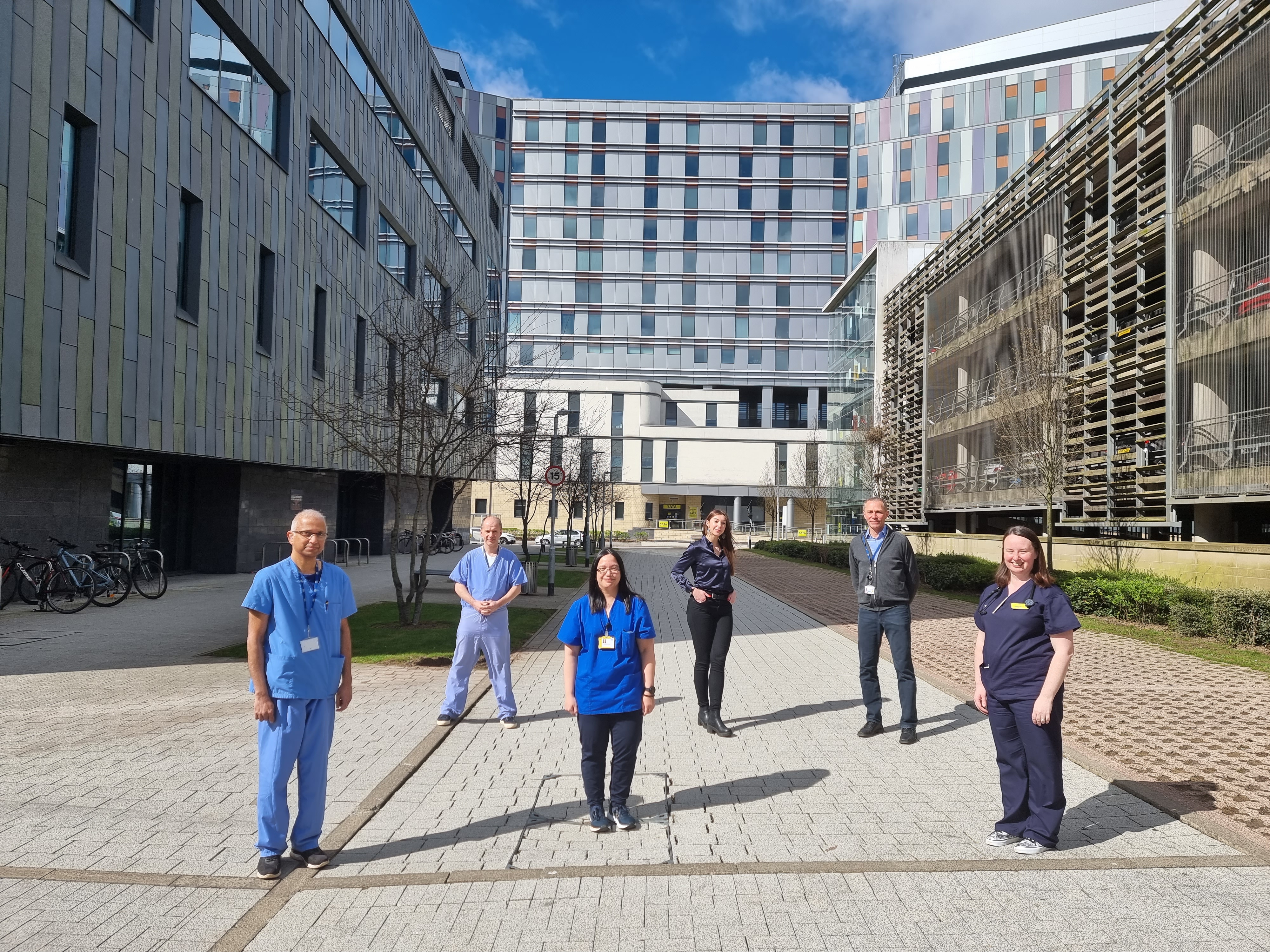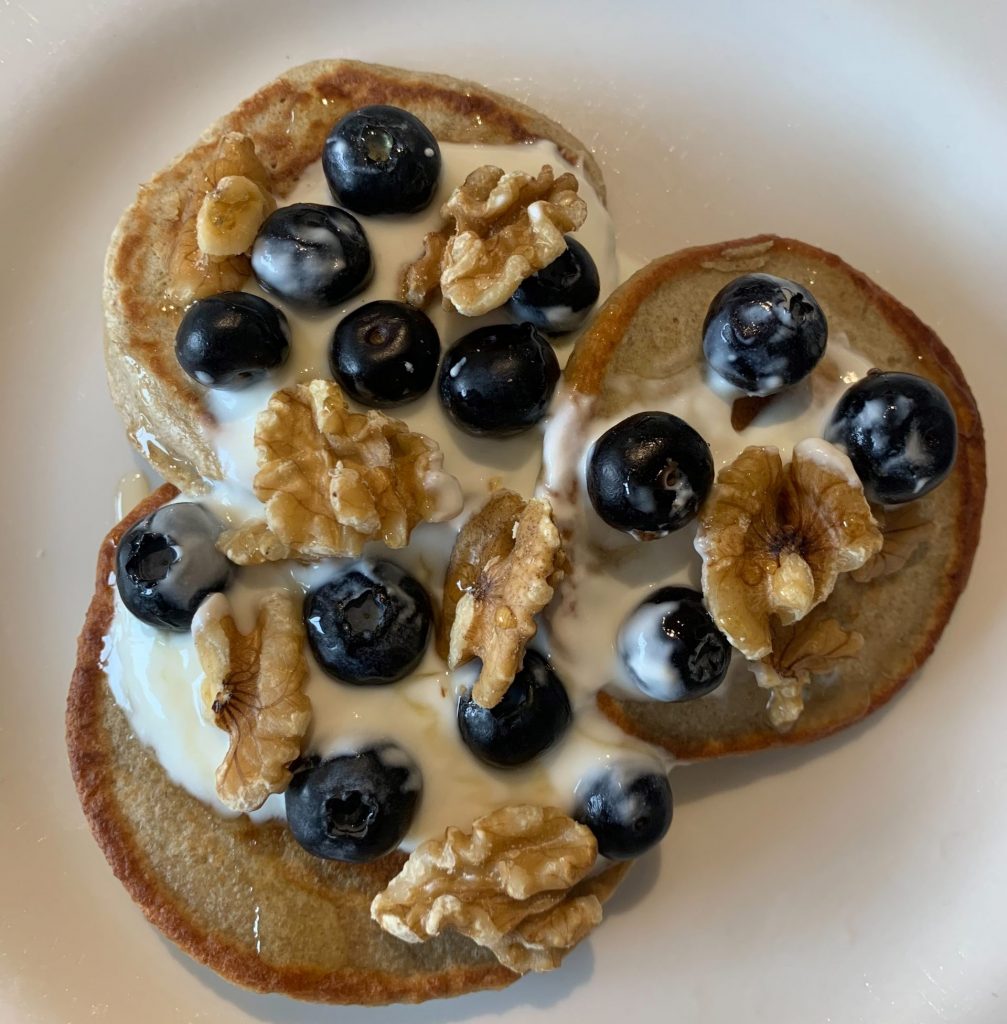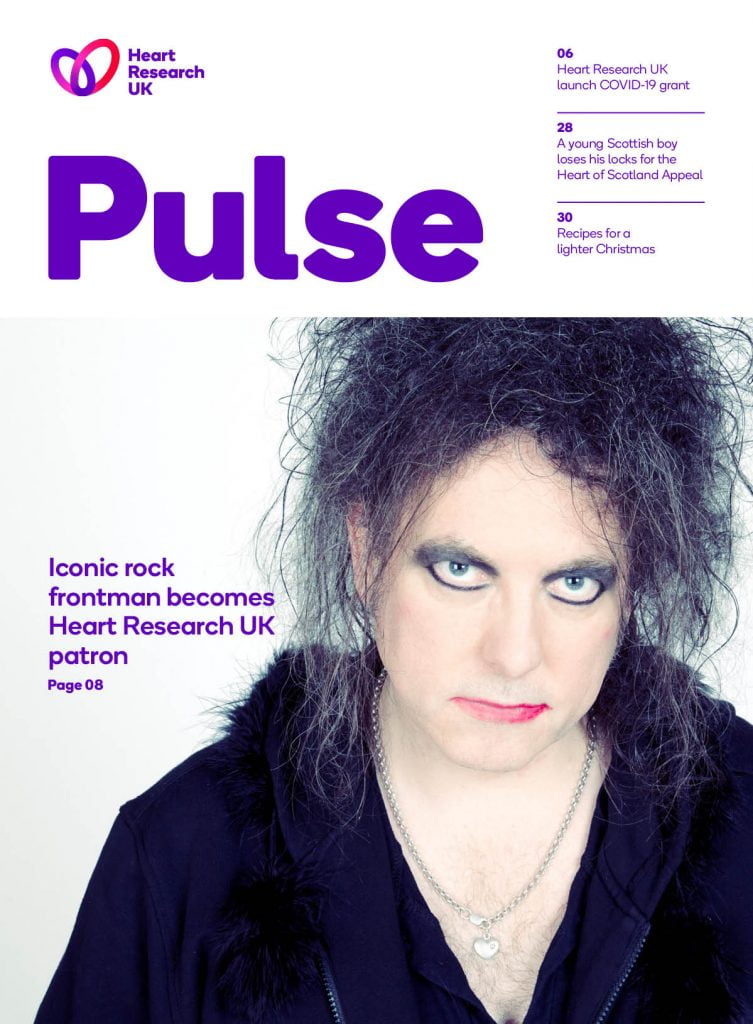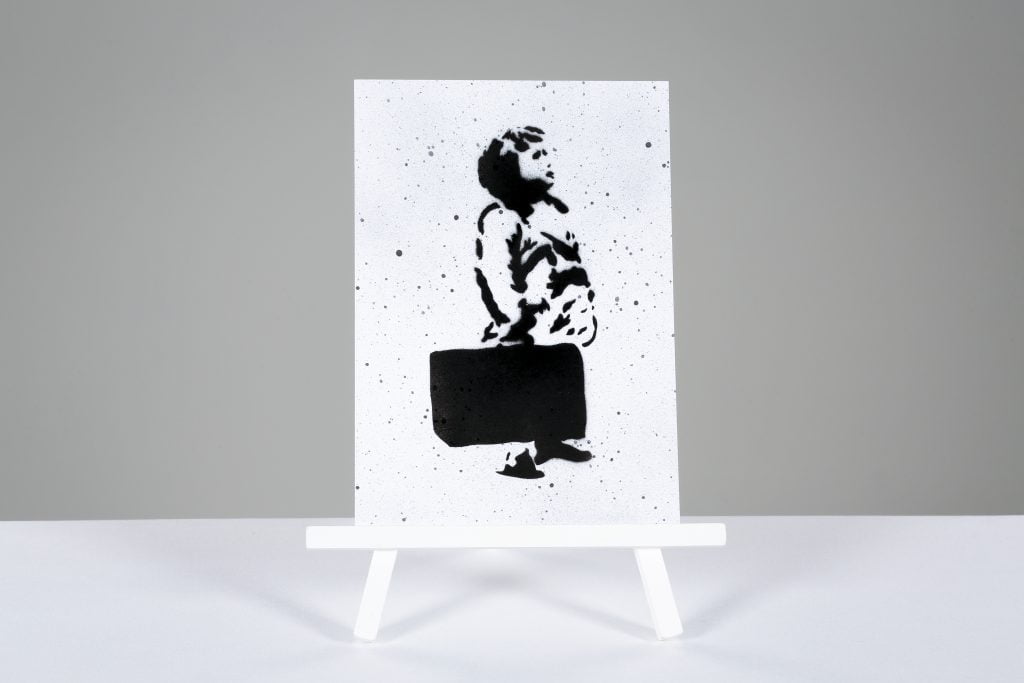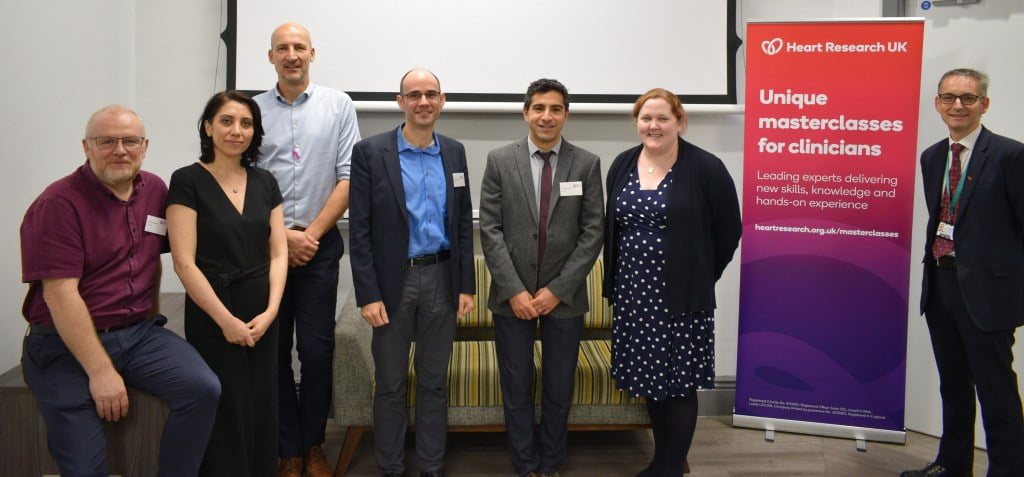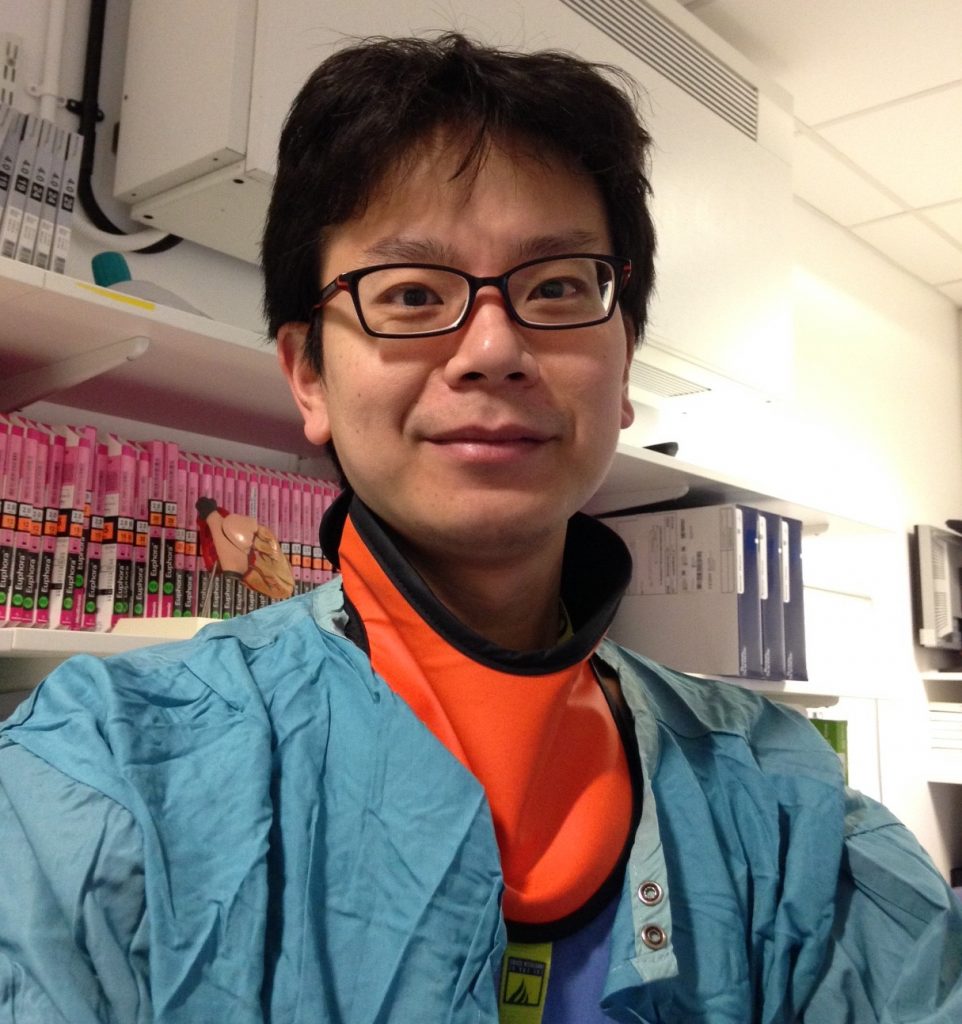At 58 years old, Gilbert Wheeler underwent a heart transplant which saved his life. Nearly seven years on from his heart transplant, Gilbert shares his struggles with hypertrophic cardiomyopathy and how his heart transplant changed his life.
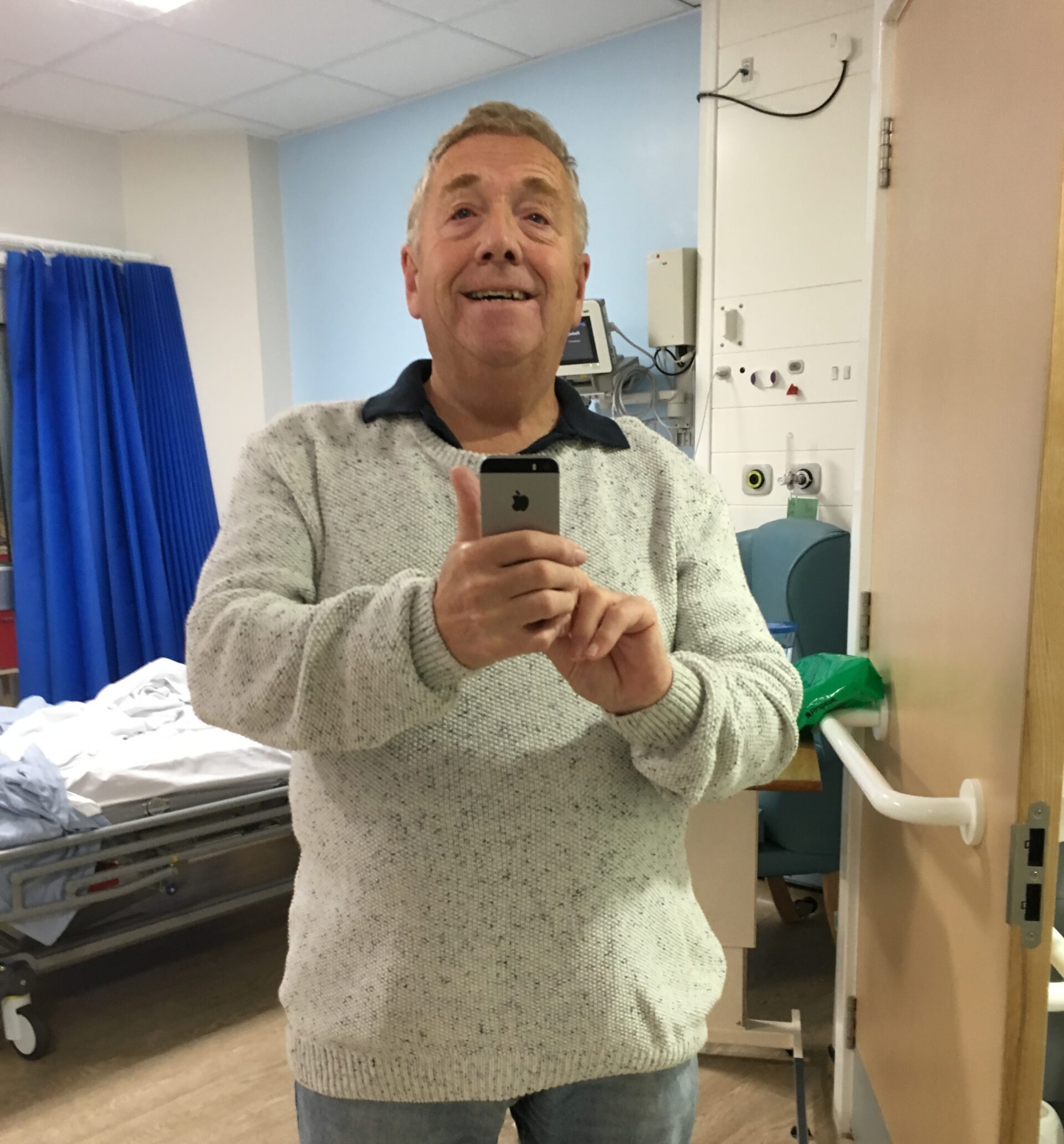
In 1989, Gilbert Wheeler was diagnosed with hypertrophic cardiomyopathy, a hereditary condition which affects the heart muscle, causing the muscle wall to become thickened. Years before his diagnosis, Gilbert was misdiagnosed with asthma and over time the heart muscle had become bigger.
“I have had a very long and tireless journey dealing with all that comes with having a heart condition,” Gilbert explains. “Trying to accept that I had a condition after a normal healthy upbringing, getting up to all sorts of physical activities. I realised I could no longer do half of what I used to do without getting out of breath, feeling tired and lacking energy.
“I have been through so much with regular hospital and GP visits, blood tests, screening, scanning and much more to change my way of living and relying on medication for the rest of my life.”
Life-changing heart transplant surgery
For Gilbert, his heart had become enlarged, and he was put on the waiting list for a heart transplant for nearly four years. There were many times Gilbert was in and out of the hospital waiting for suitable donor hearts to become available. However, Gilbert’s condition continued to deteriorate.
“It was a long time waiting. But once they could see the urgency that I might need a transplant, I was moved up the [heart transplantation] list and consequently, it had got to the point where I had to be transplanted, otherwise, there were only two weeks left for me to live,” Gilbert explains.
It was in December 2016 when Gilbert was given his heart transplant at the Royal Papworth Hospital, which would change his life.
He says: “My heart had deteriorated so badly that without the operation, my life would have ended without my heart transplant.
“I had tubes coming out of me in every direction, but I felt as though all the problems I’d had with breathing and everything else had gone. It was like a weight being lifted off my back. Like I had been walking around with a rucksack on my back all my life and this had gone. My energy levels were increasing, and everything was good apart from the pain and recovery from the transplant itself.”
It was only a few days after Gilbert’s heart transplant that he was able to get on an exercise bike and managed to do 10 miles in 20 minutes, which was something he was unable to do before his transplantation. However, it was several months before Gilbert had fully recovered.
He continues: “You’d see my energy and the positivity this was having on my body and my heart; it had made a massive difference to the way my life was and is now. I came out from the transplant, and apart from all the aches and pains that you have from having a heart transplant, I think once those were gone it felt like a new me. I felt free, I felt I was able to breathe, and I felt like it was easy, whereas before I felt everything was such a struggle to do.”
“I felt free, I felt I was able to breathe, and I felt like it was easy, whereas before I felt everything was such a struggle to do.”
Life after heart transplant surgery
Now, 65-year-old Gilbert continues to spread awareness of cardiomyopathy and heart transplant surgery working with charities including Heart Research UK, within our Patient and Public Network.
“Without my heart transplant, I would’ve only had a few weeks left to live. I mean from 2016 to now, it’s been seven years. It’s allowed me to see much more of my family and much more of life. Although life is slightly different for me now, it’s still giving me that opportunity to live,” Gilbert says.
Since the first transplant in 1968, there have been approximately 9,000 heart transplants in the UK. Gilbert is one of these inspiring heart transplant patients.
“A big point of transplantation is about getting the public to sign up for the organ donation register, as without this I may not have got my transplant,” Gilbert says. “Whilst it is tragic to lose a life, there is a benefit of helping to save a life by registering for organ donation, especially in young people who still have a life to live. It’s such a great thing the gift of life can be given to somebody and probably one of the best things ever for a family or anyone to have.
“I am so thankful for all the research and studies that have helped people like me to live a bit longer, so I can see my family grow and meet my grandchildren.”
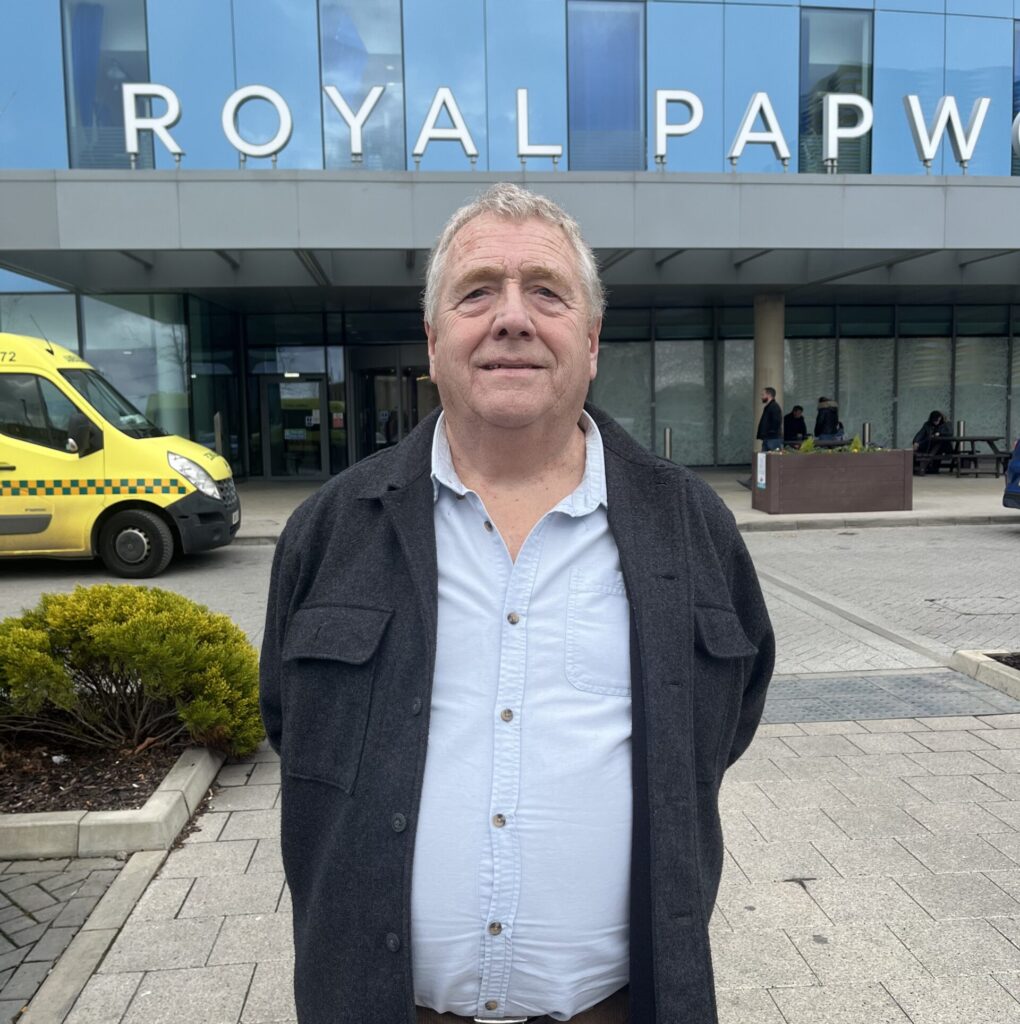
You are the reason we exist and it’s because of you more people like Gilbert can have access to lifesaving treatments. Find out how you have been shaping research into heart transplant surgery.

